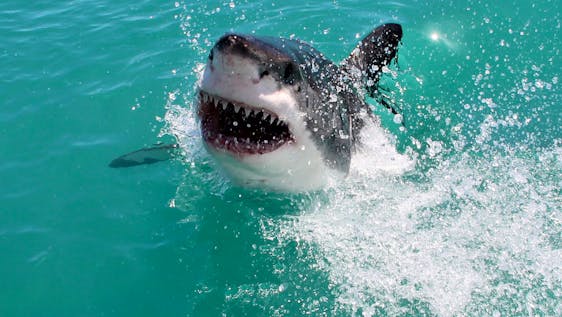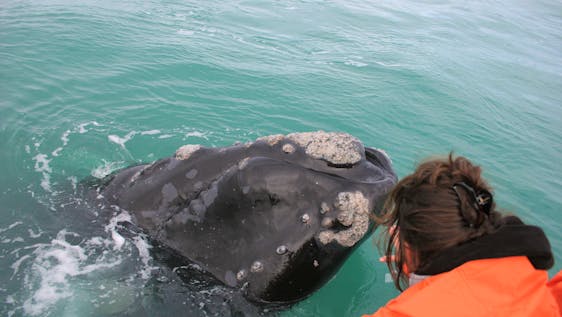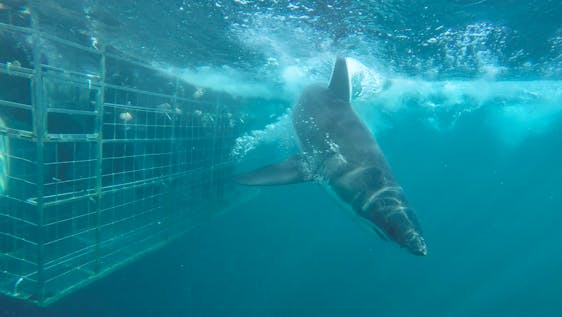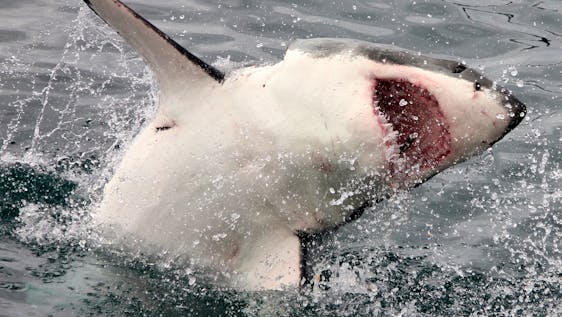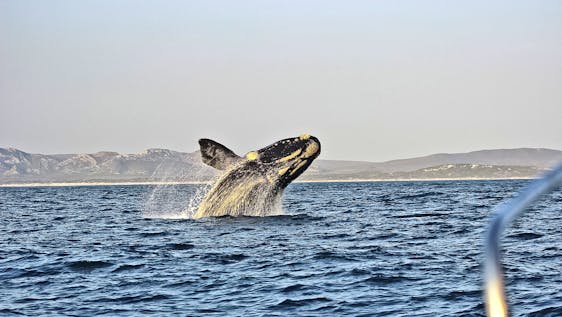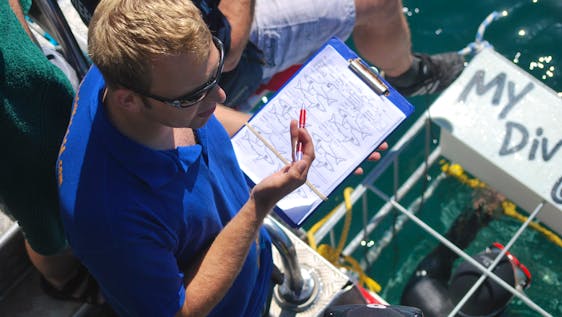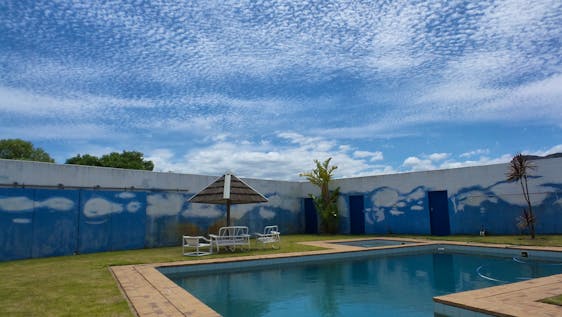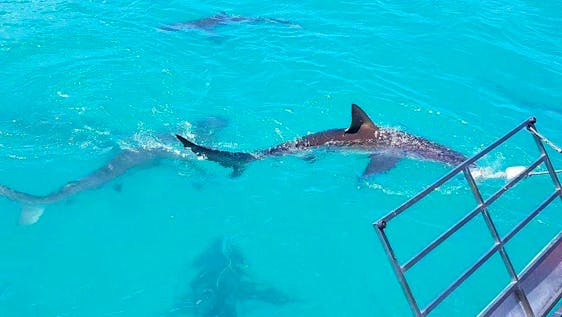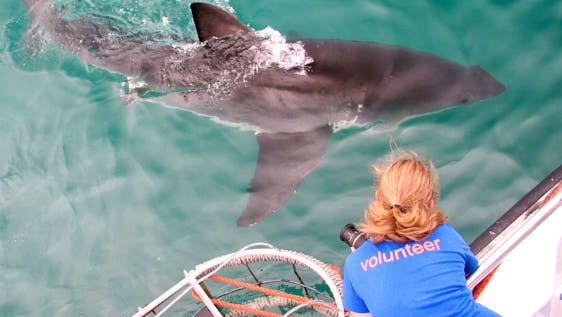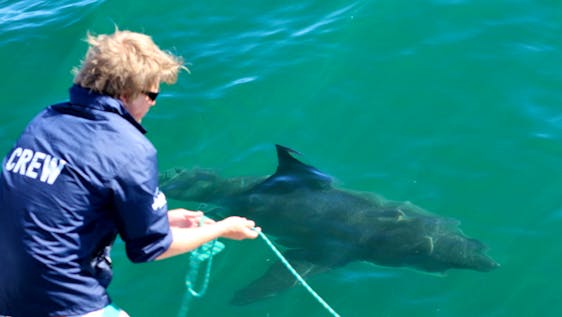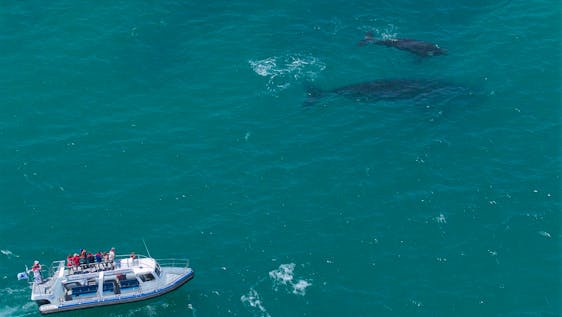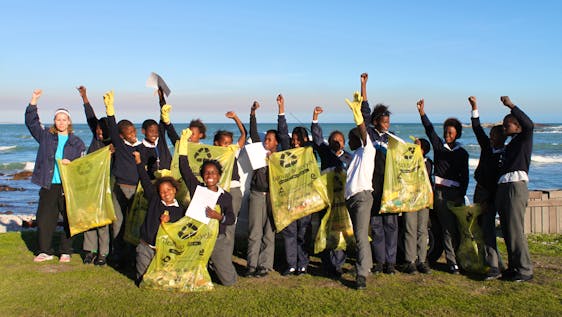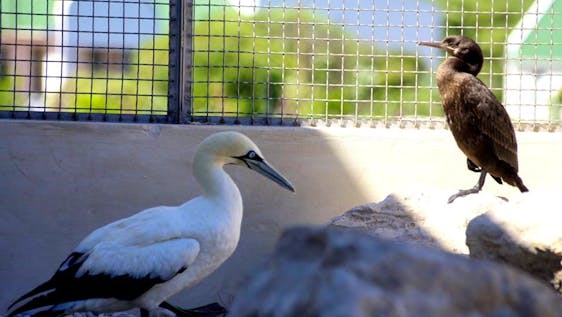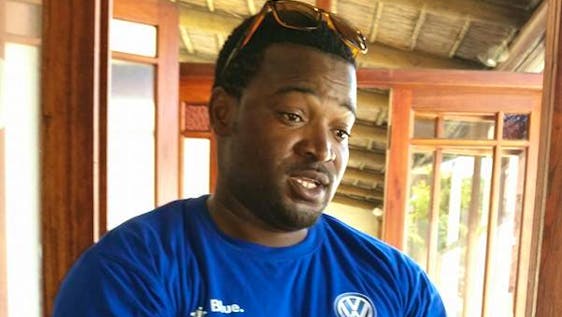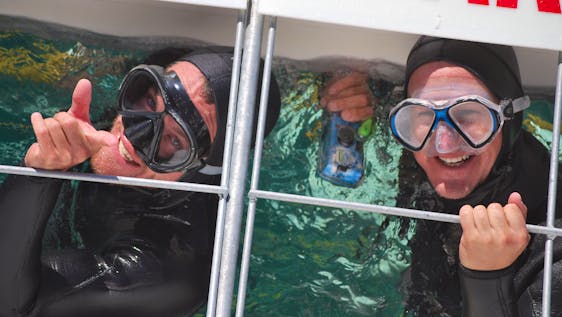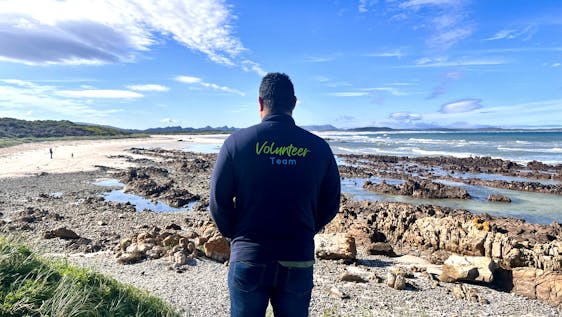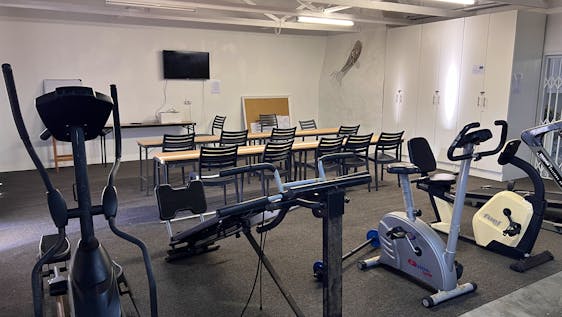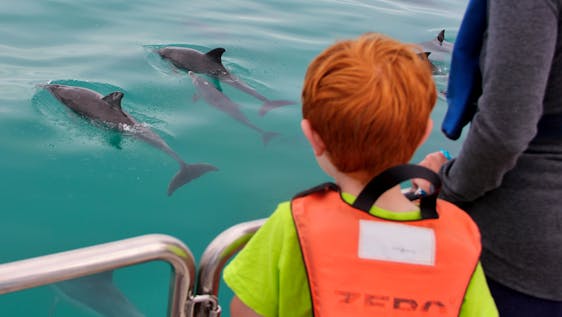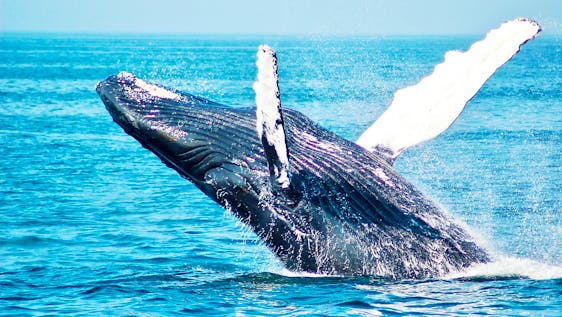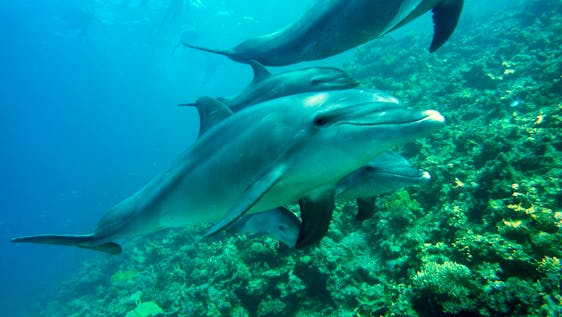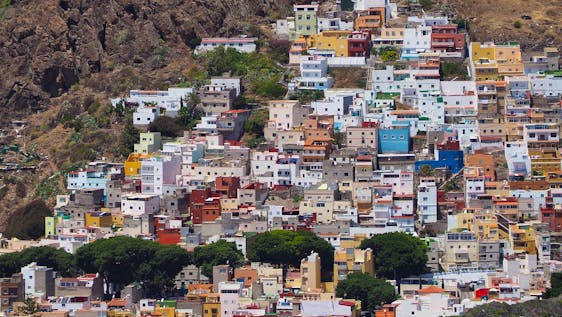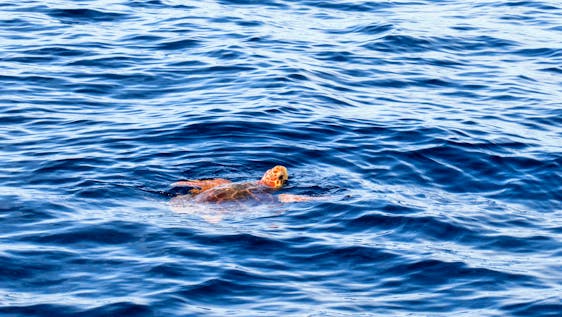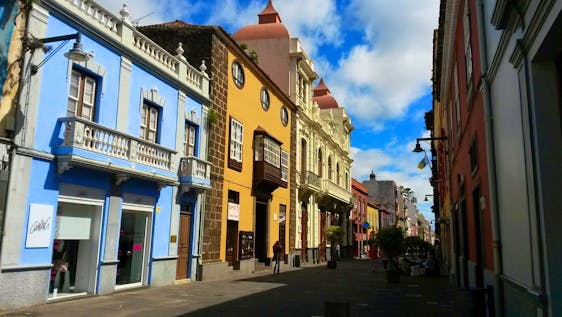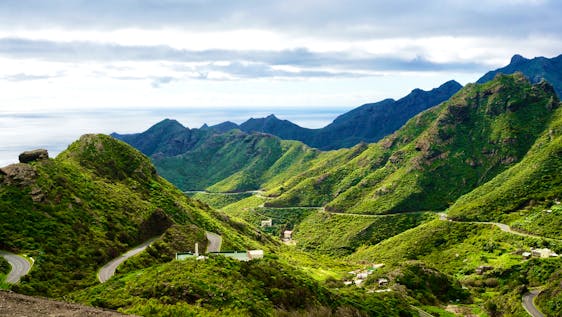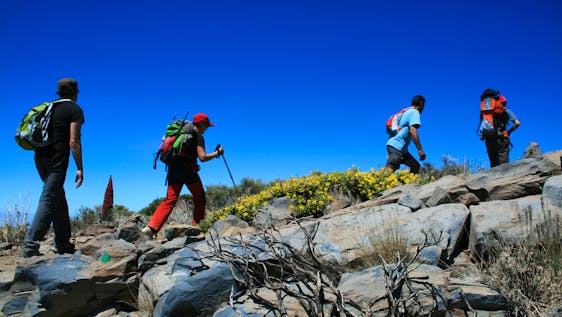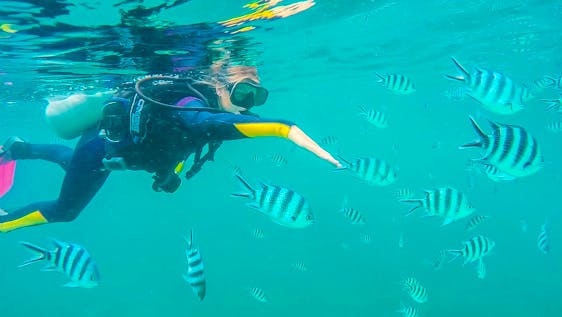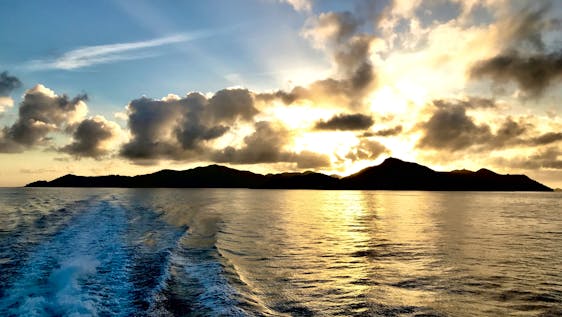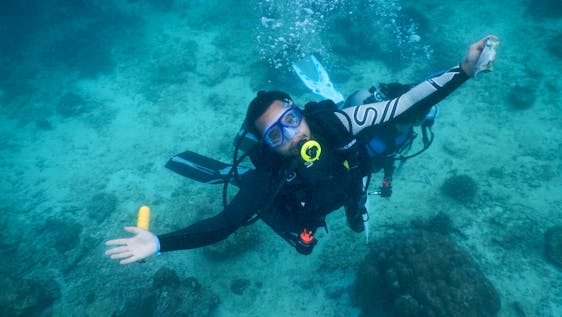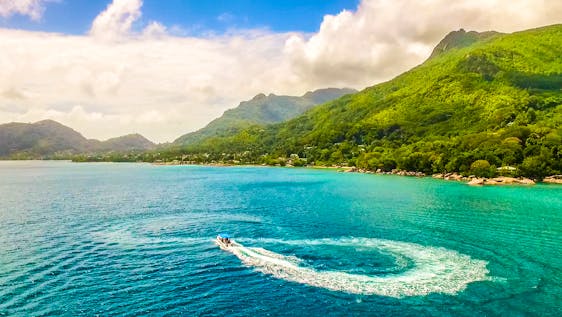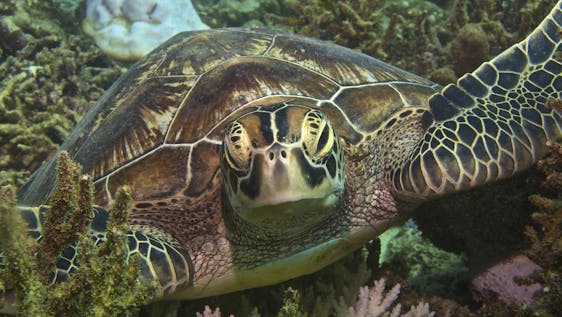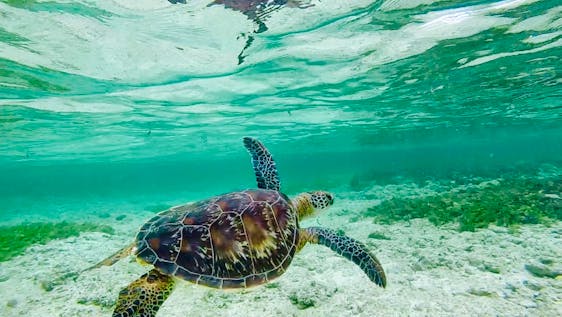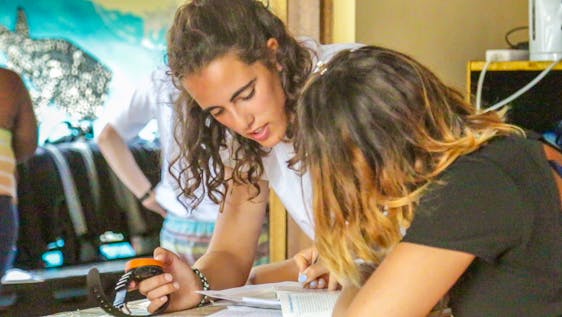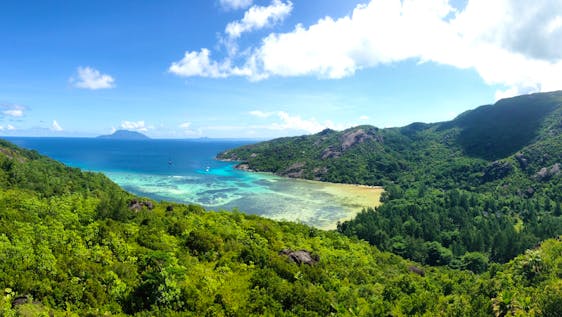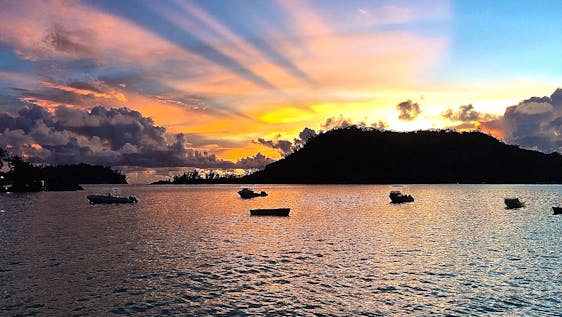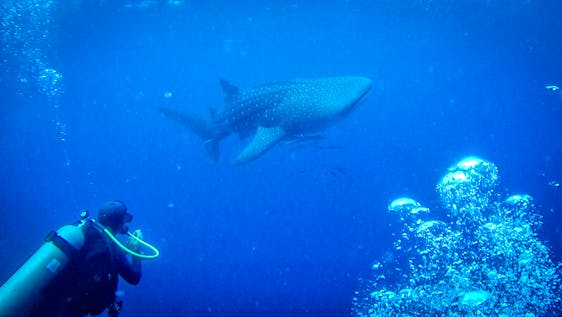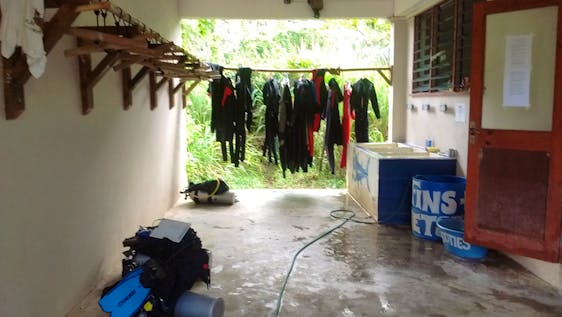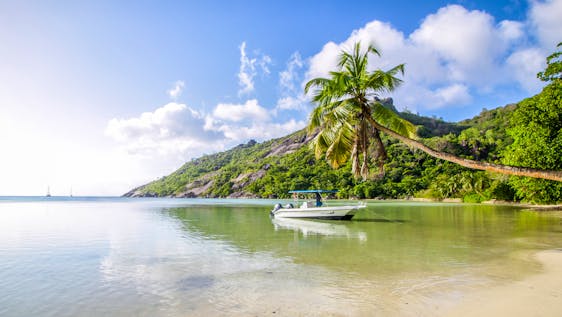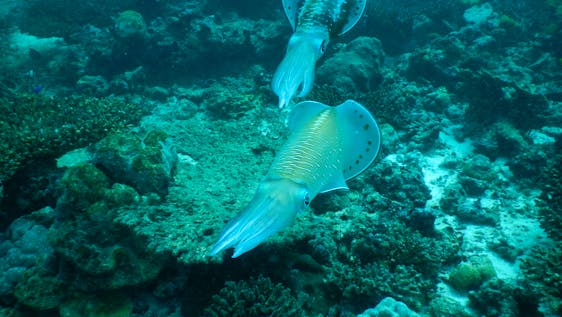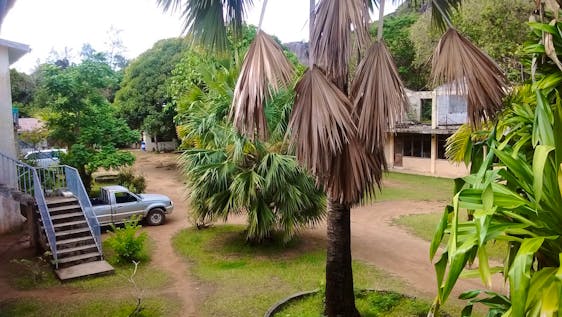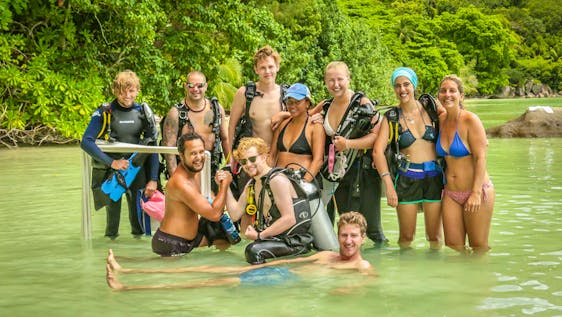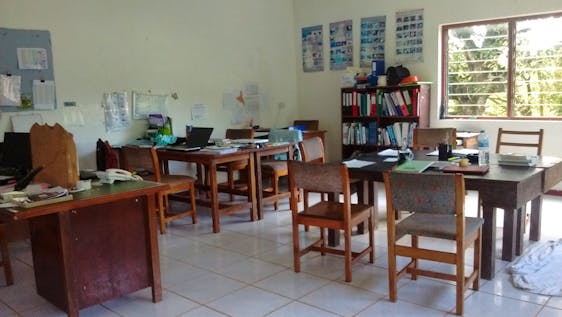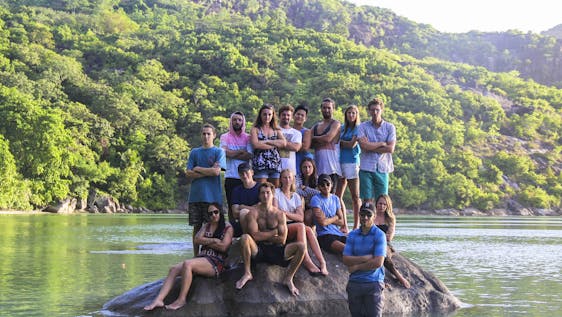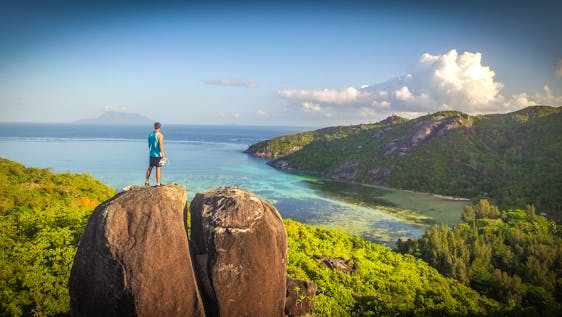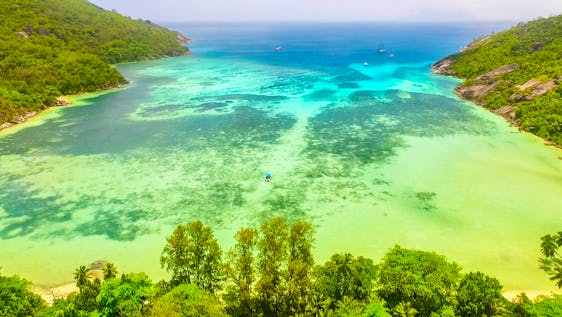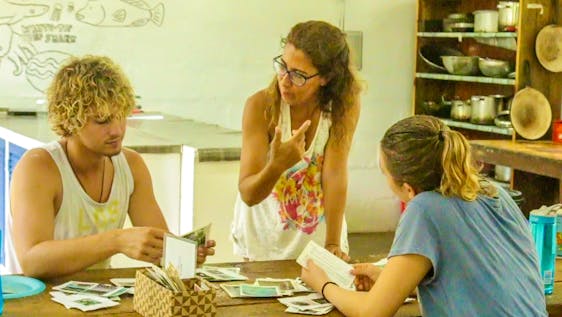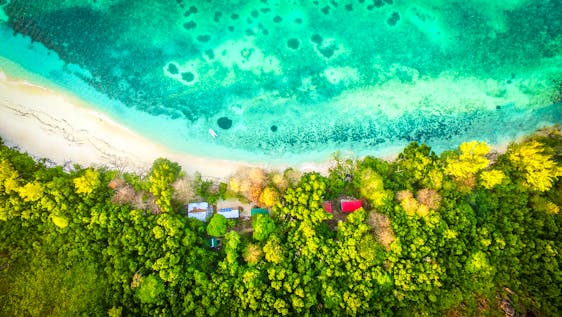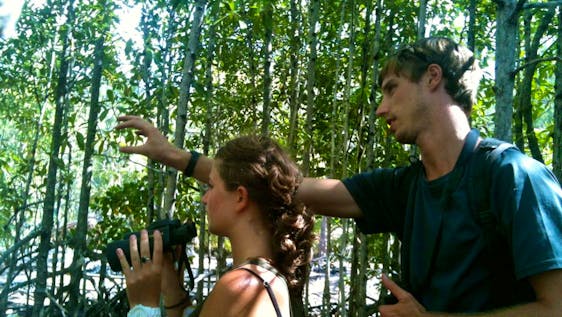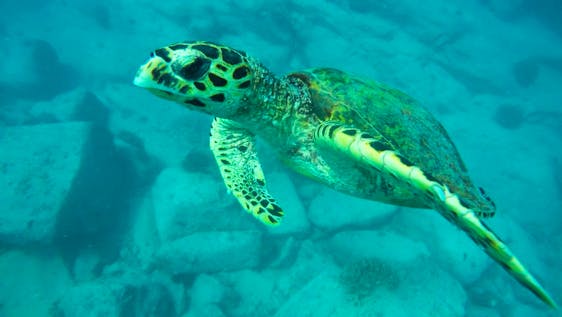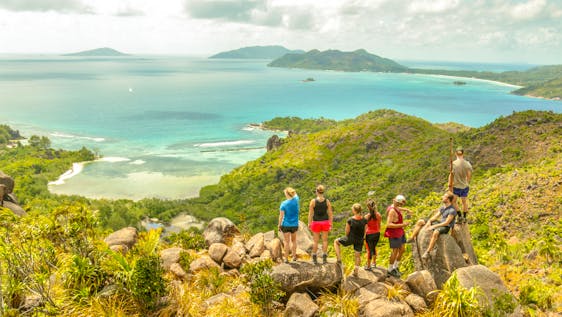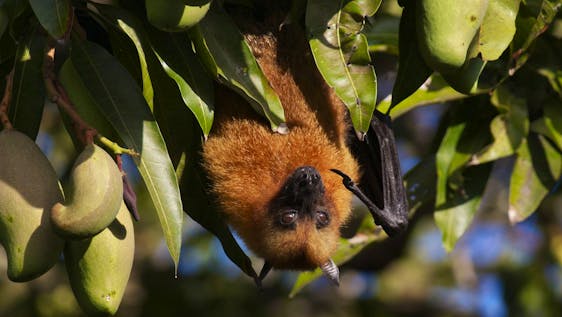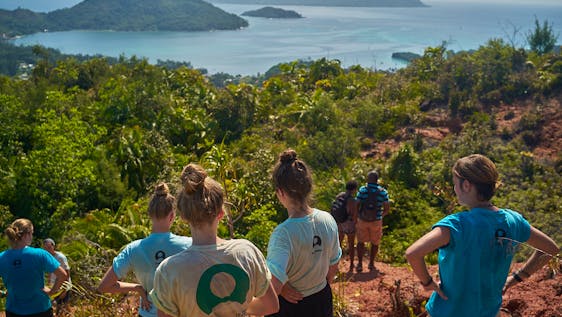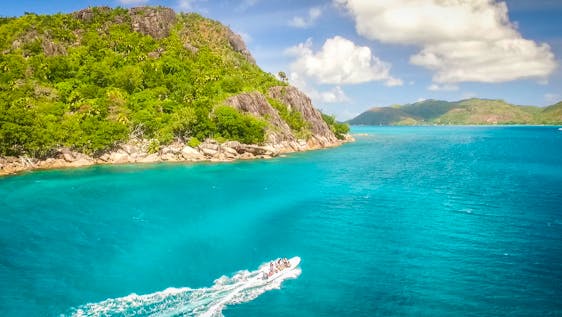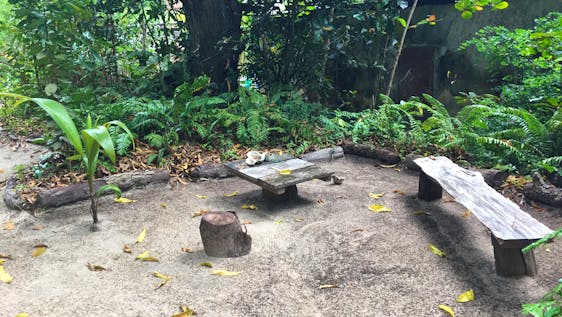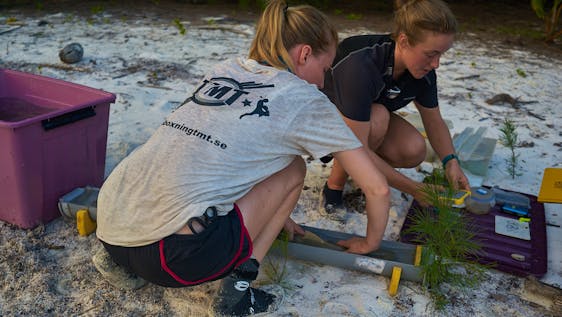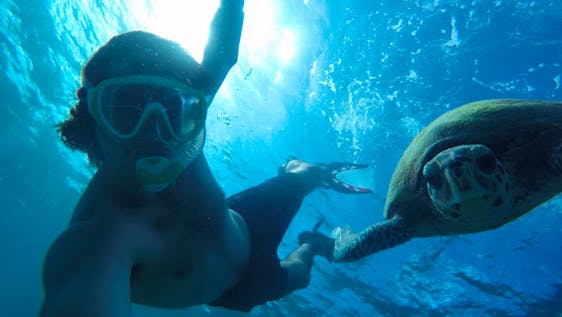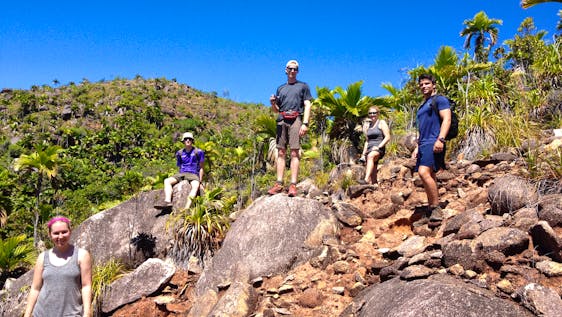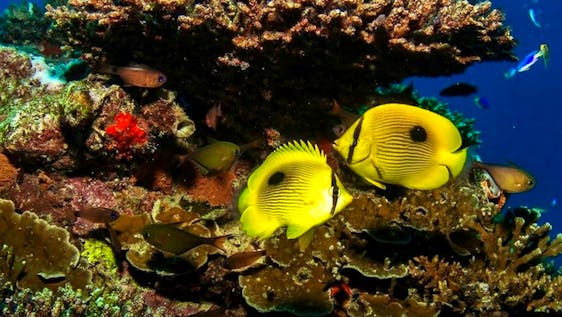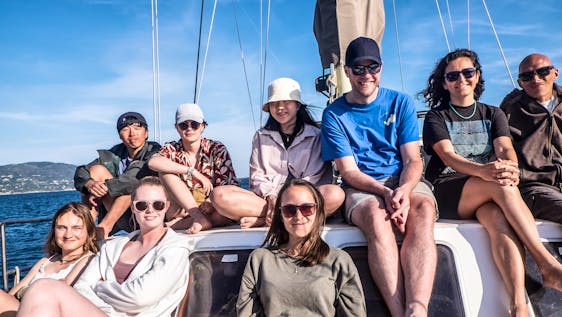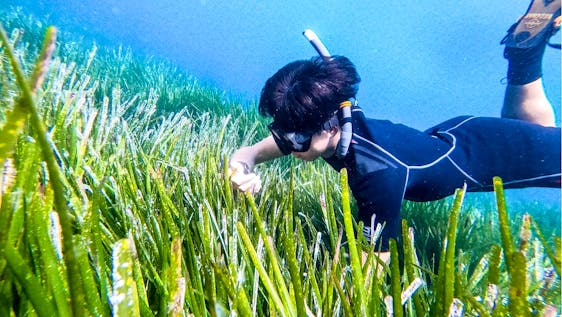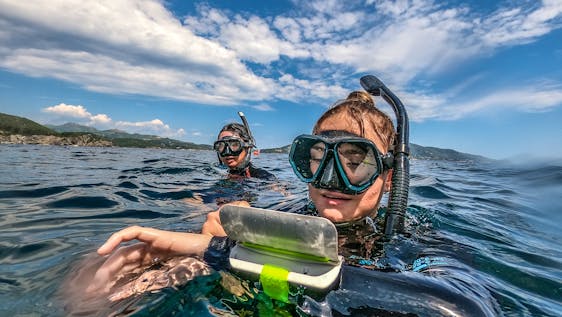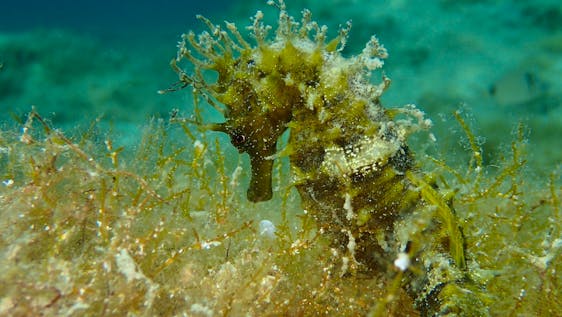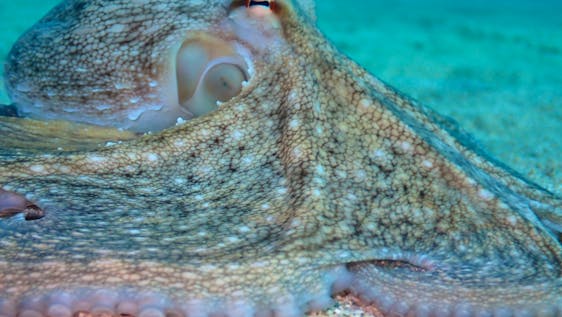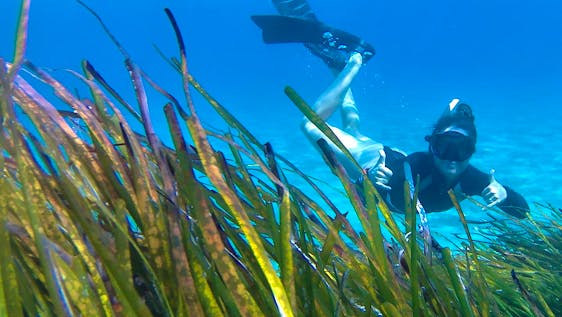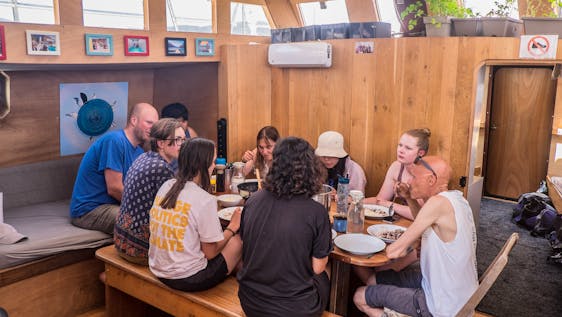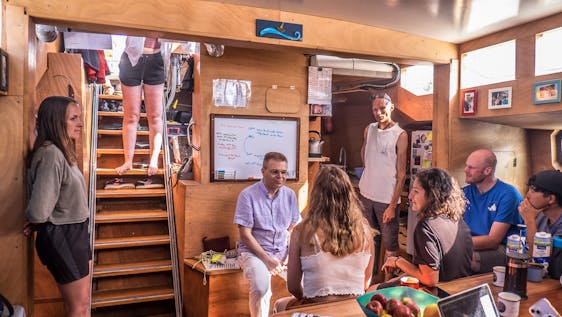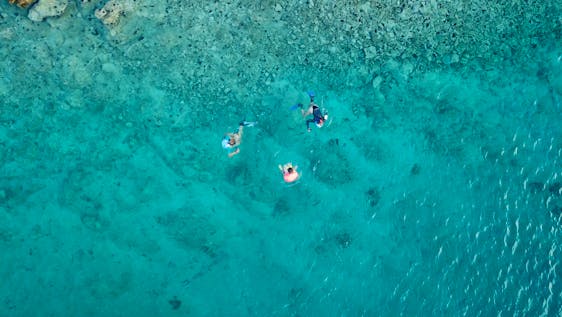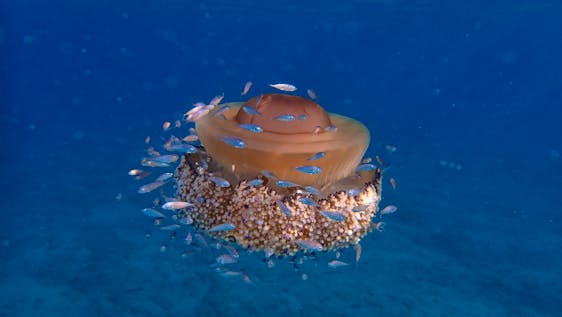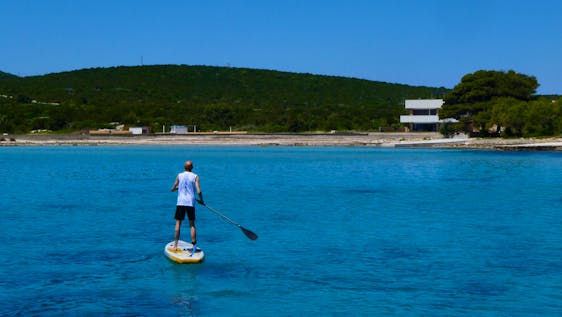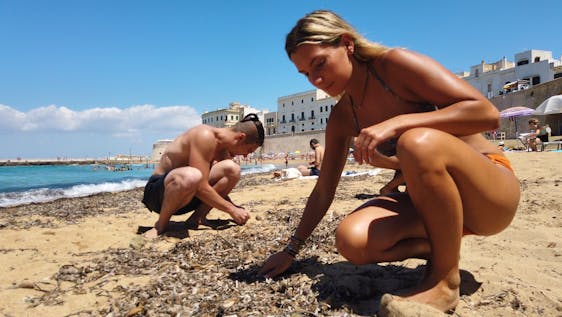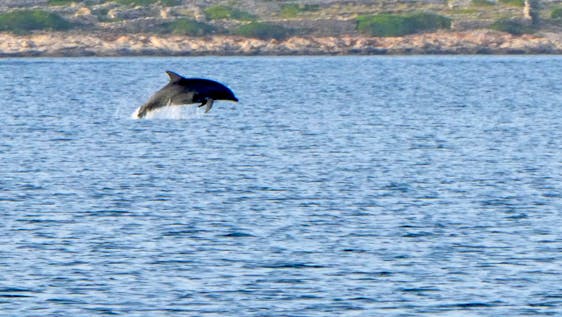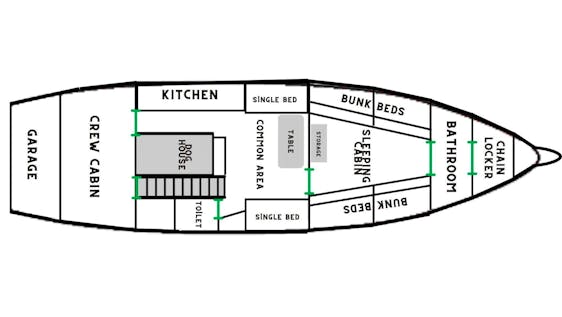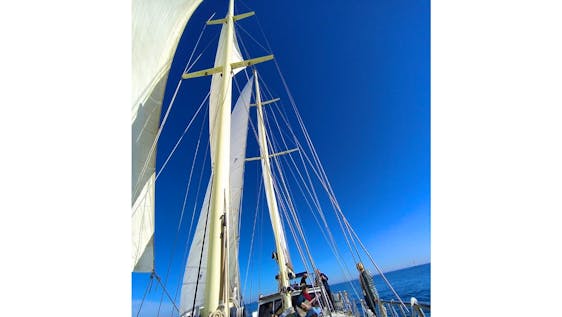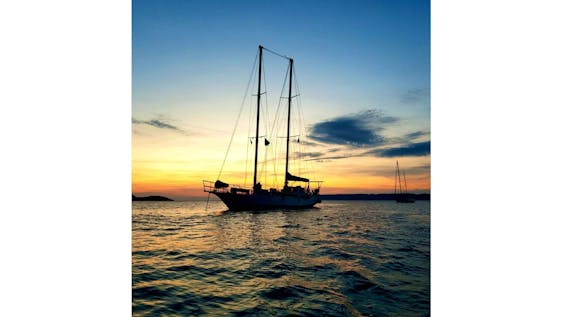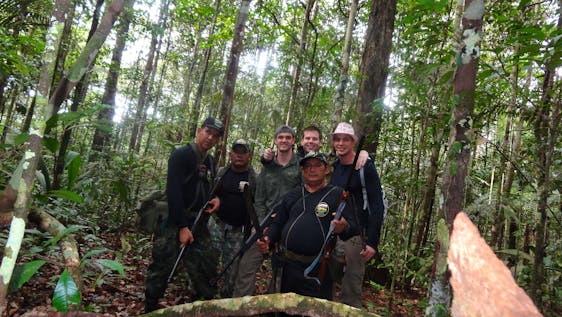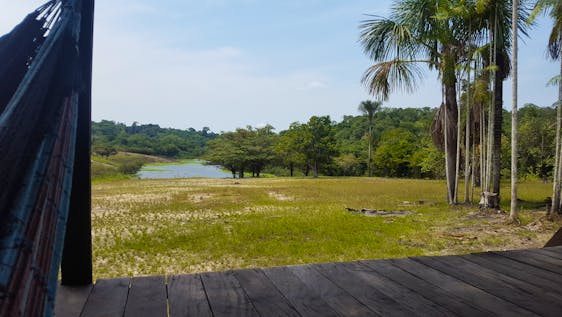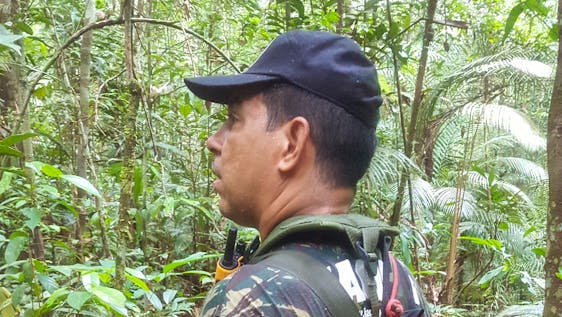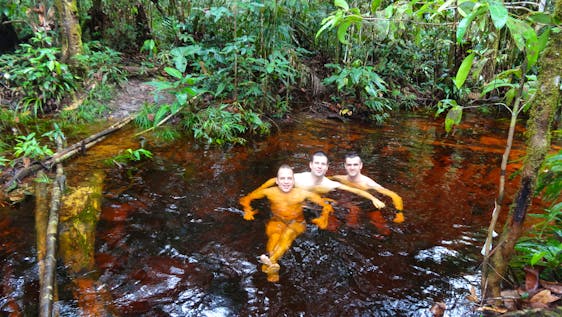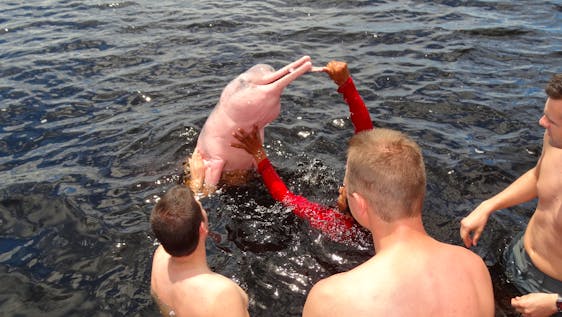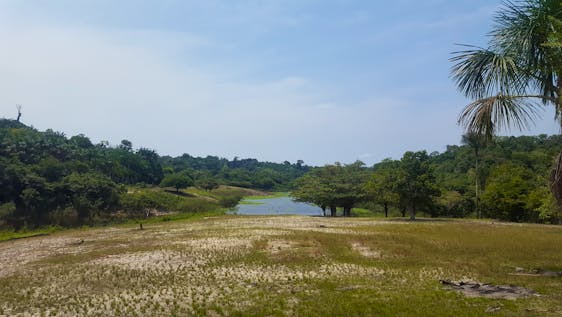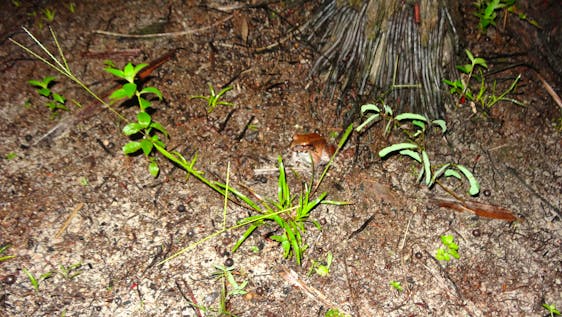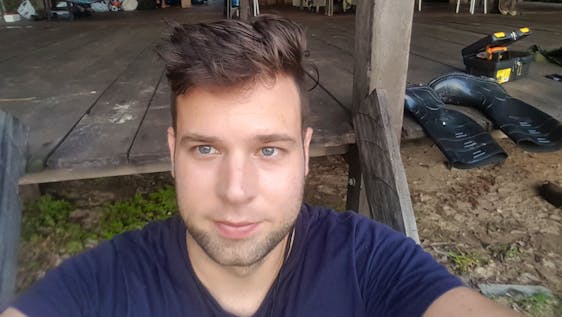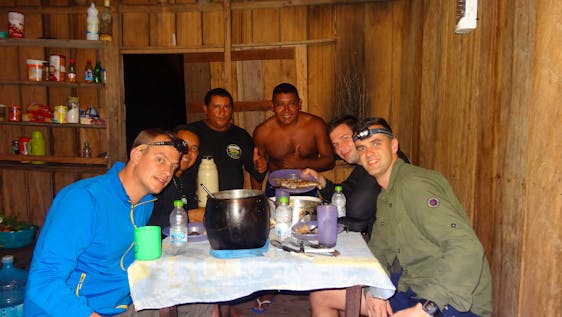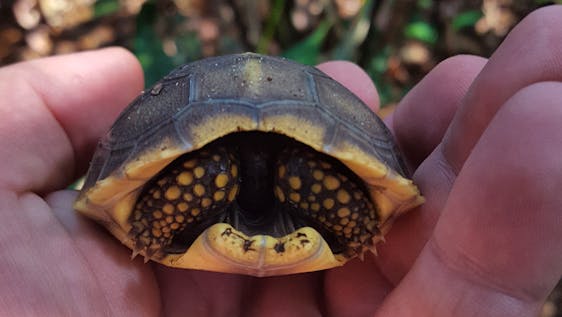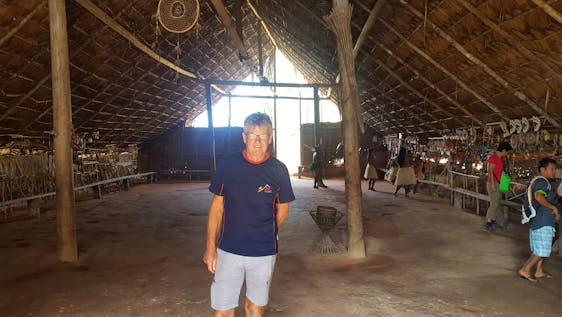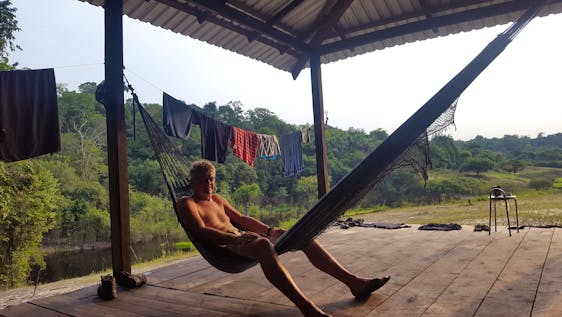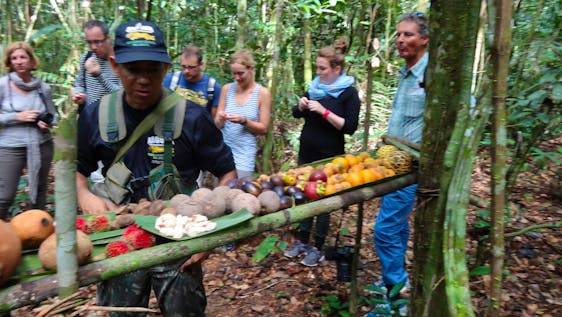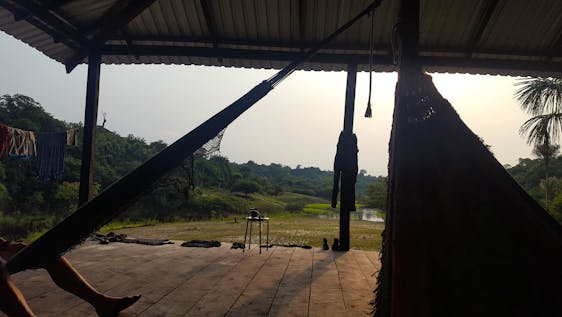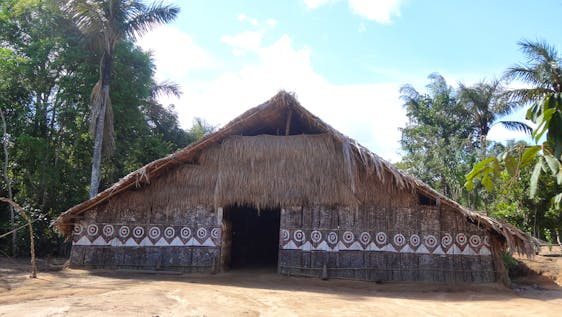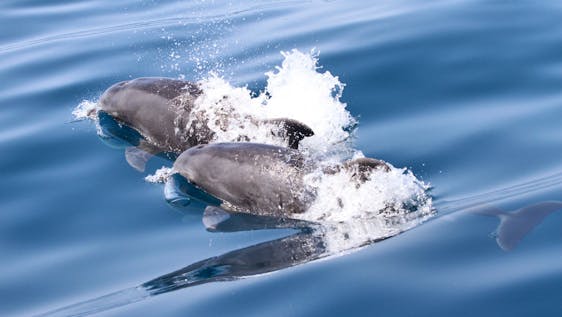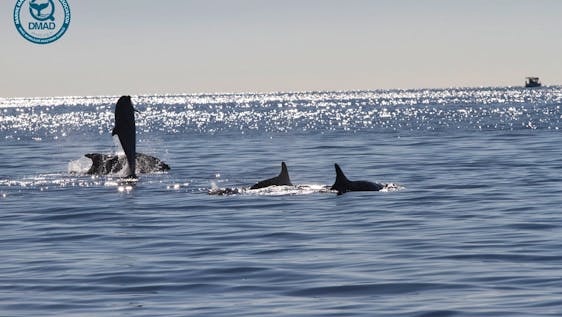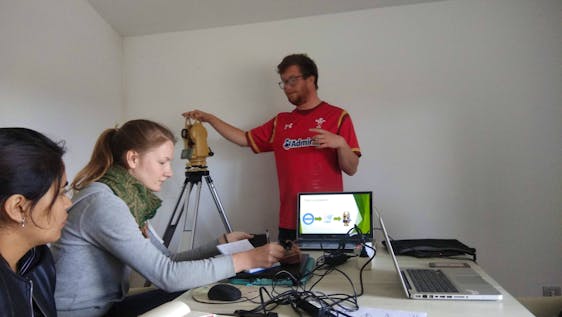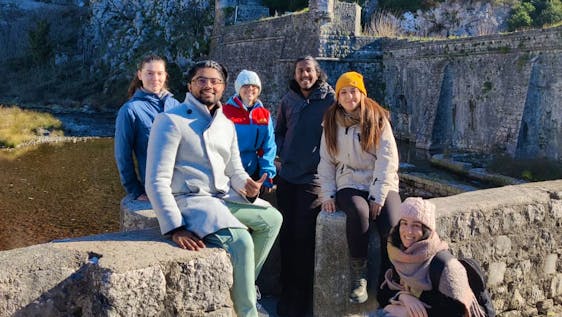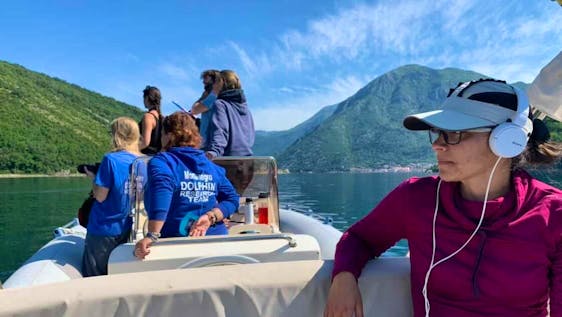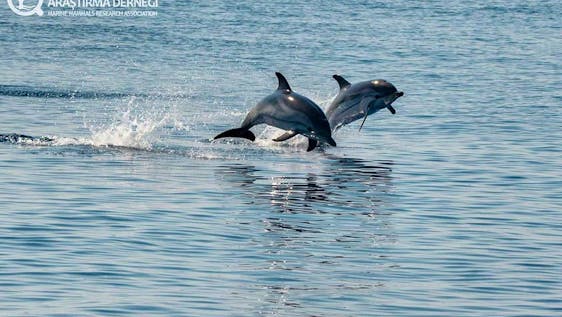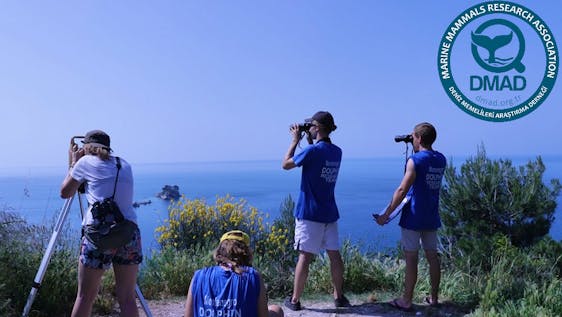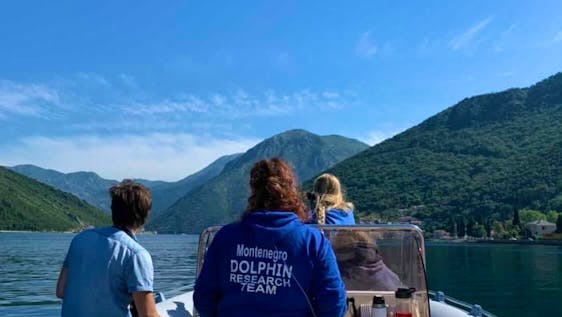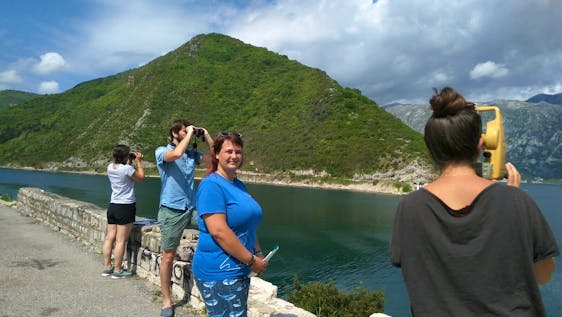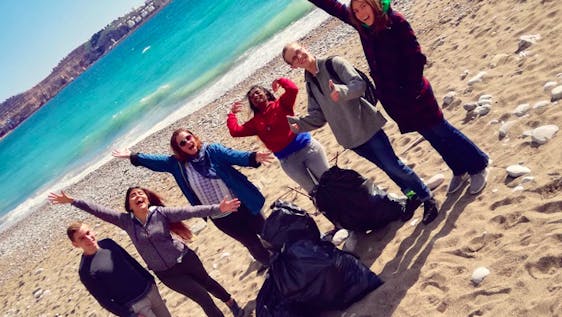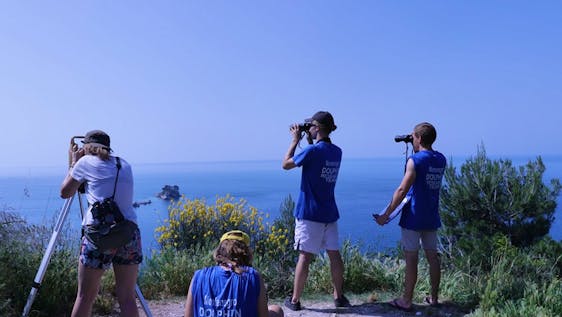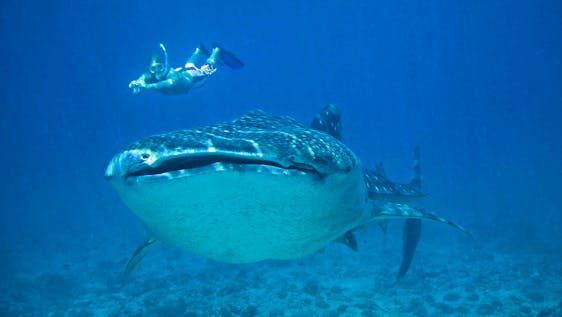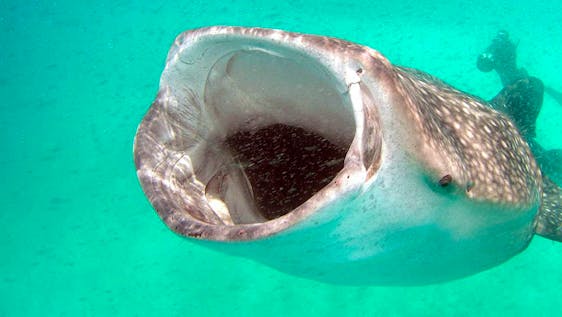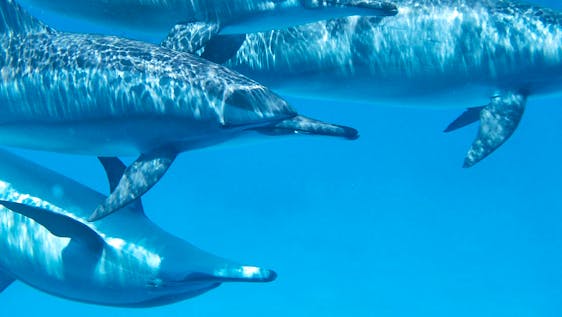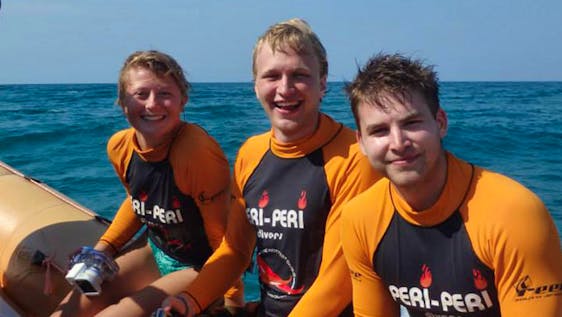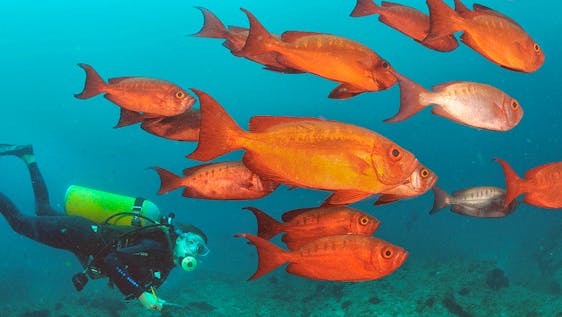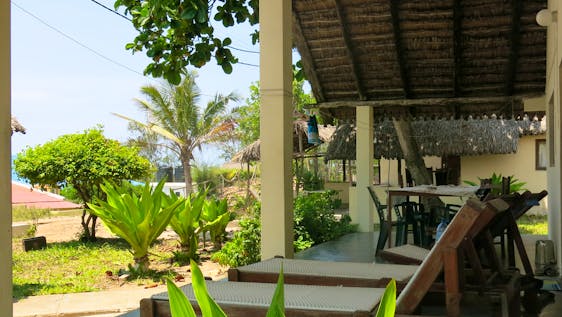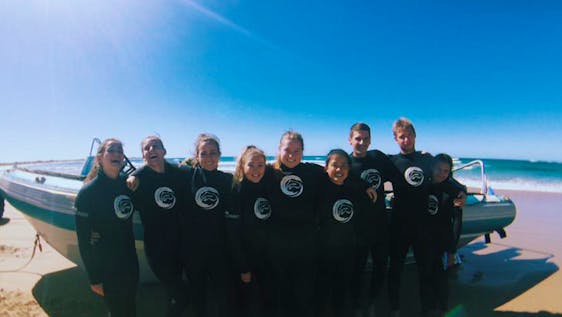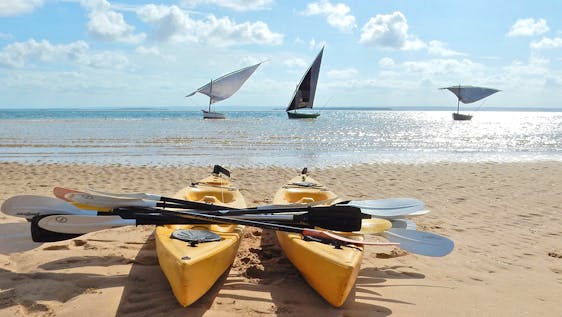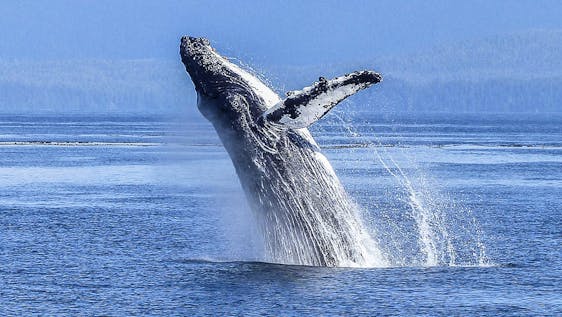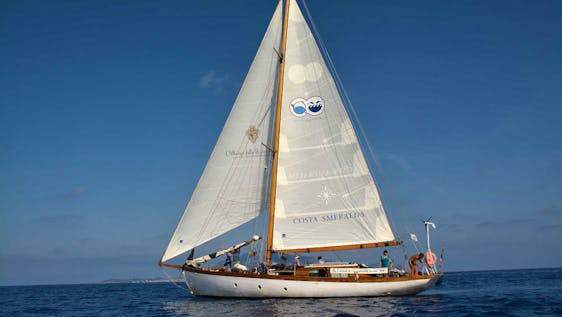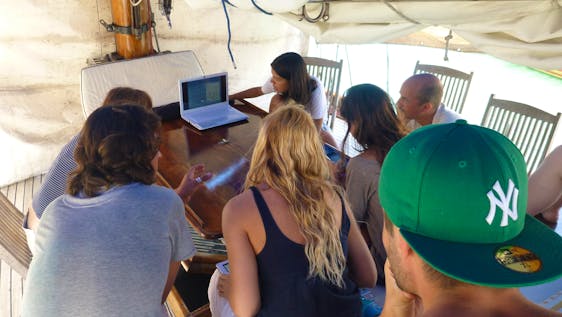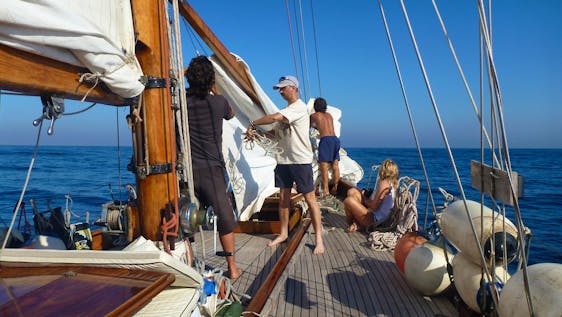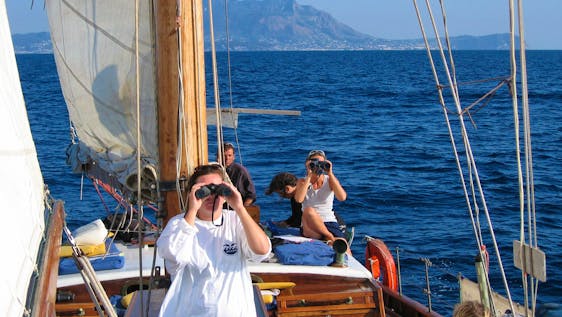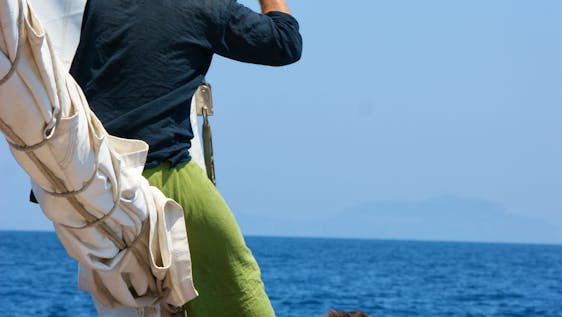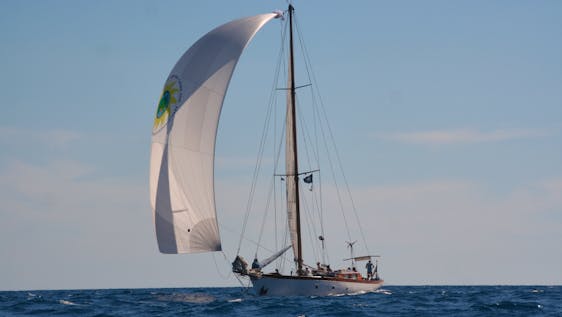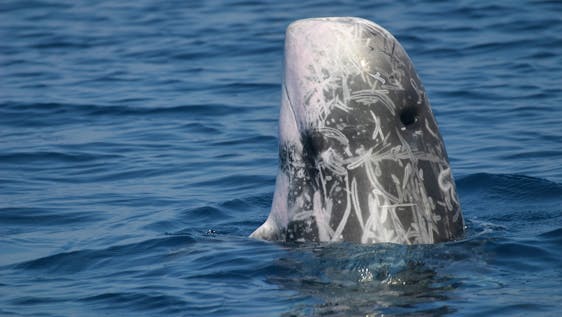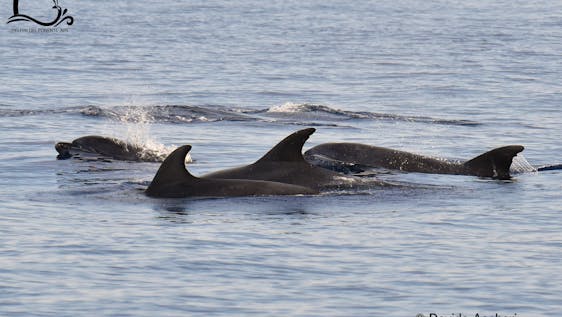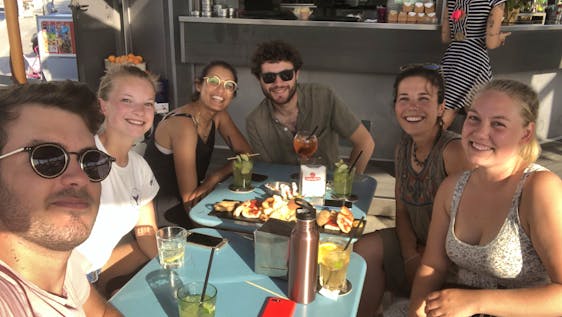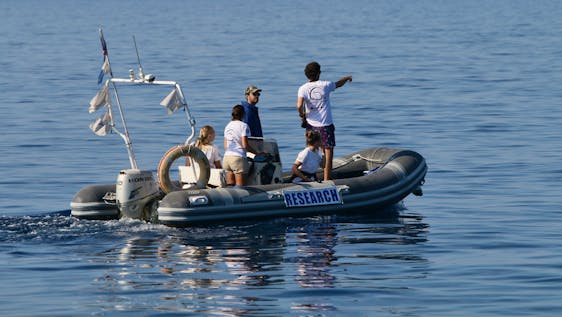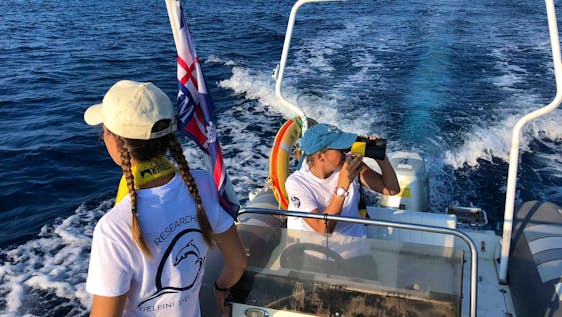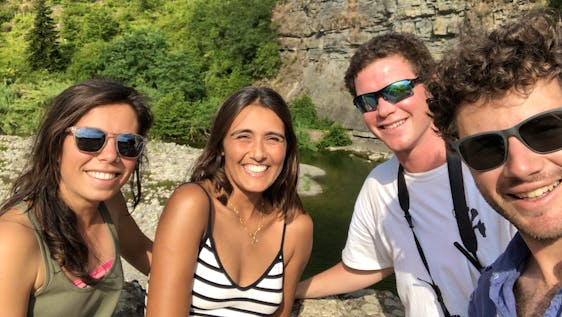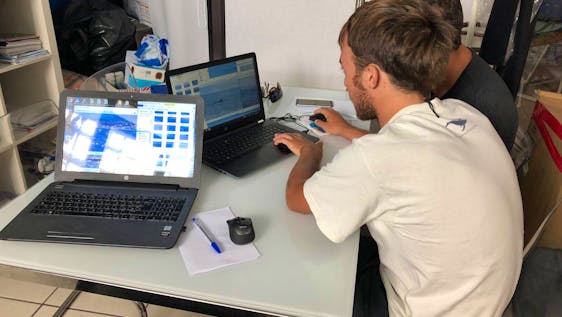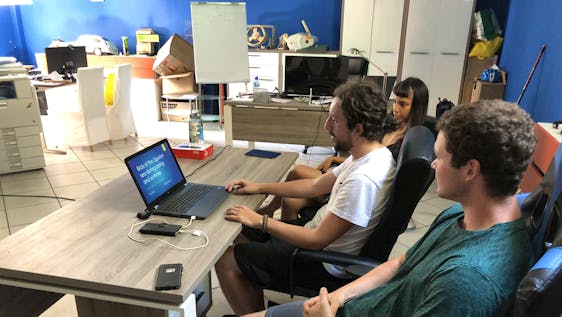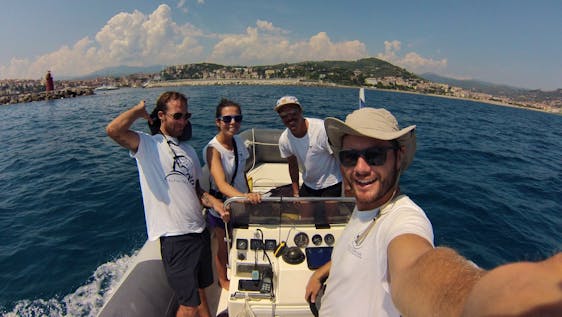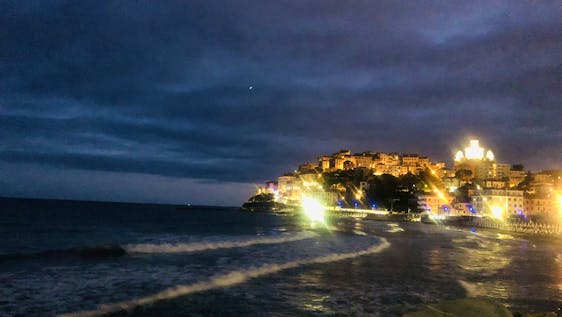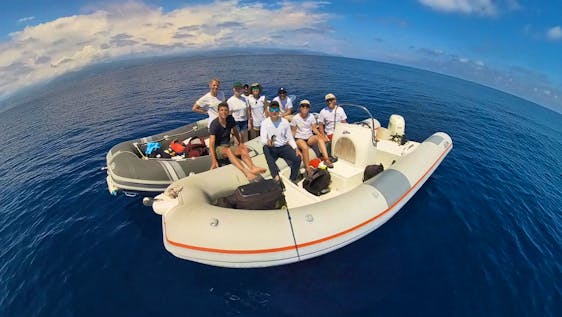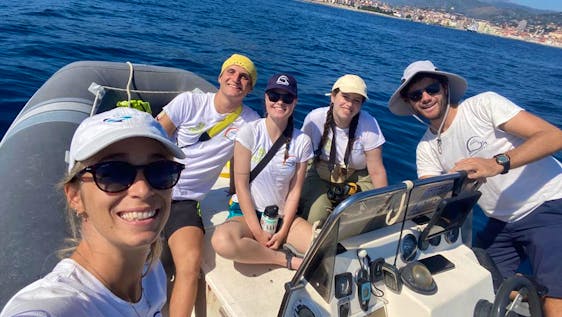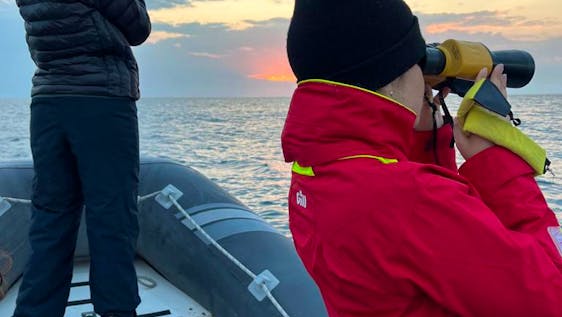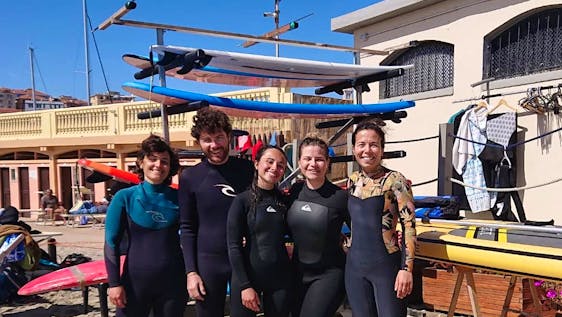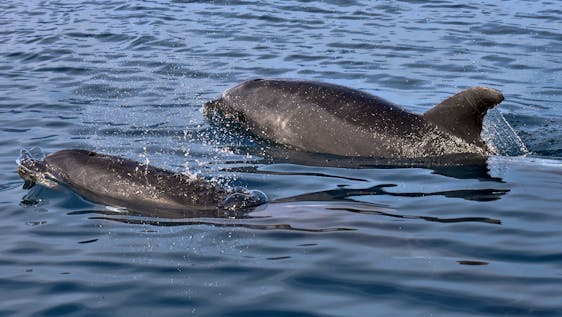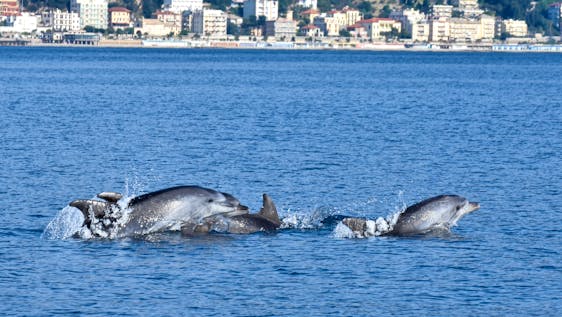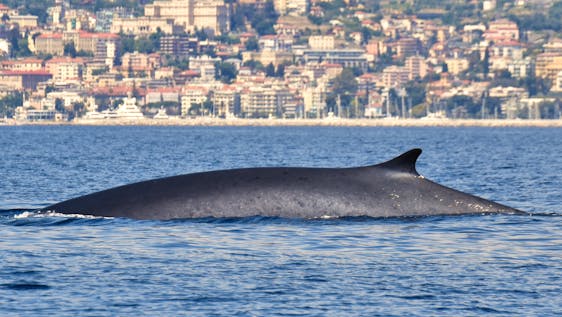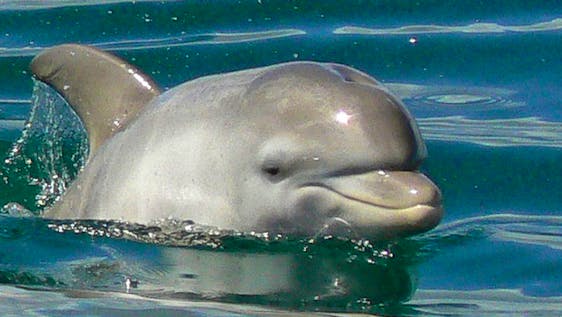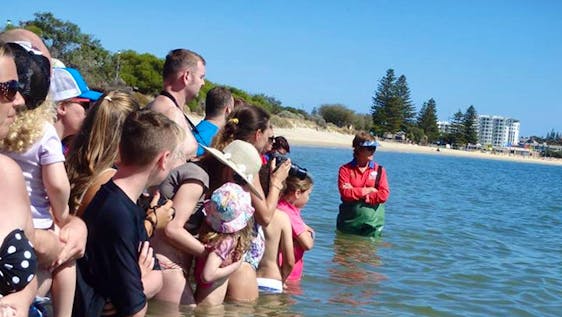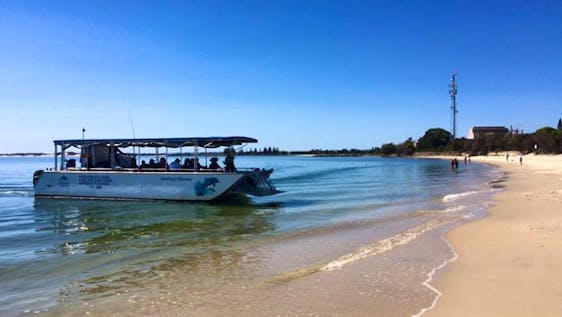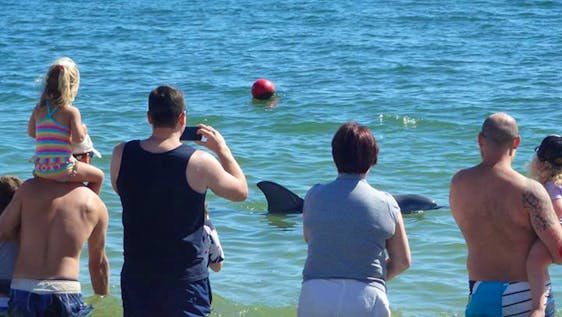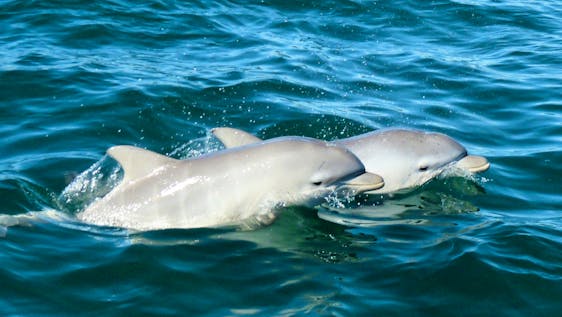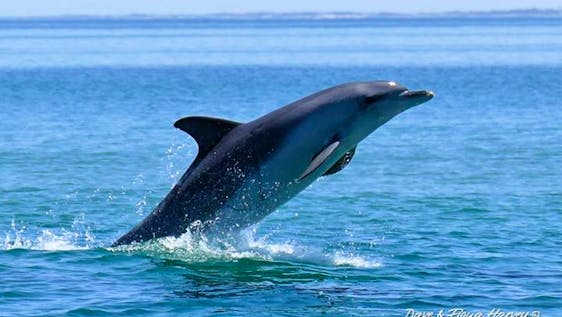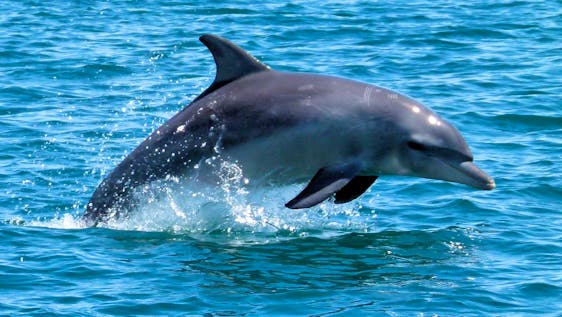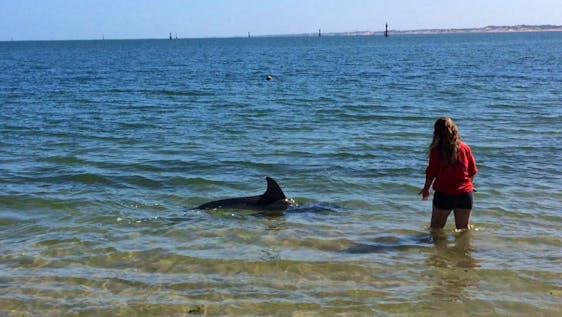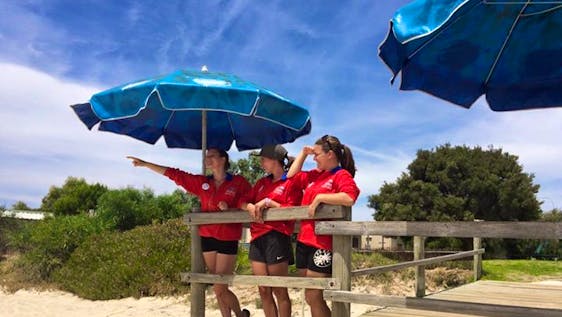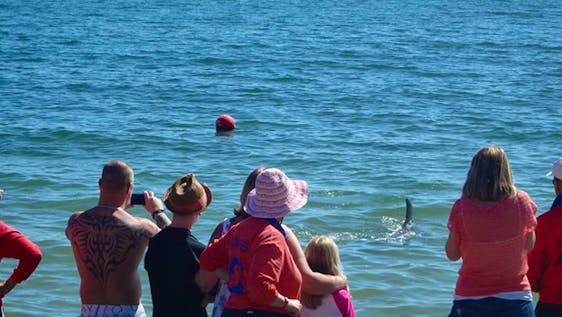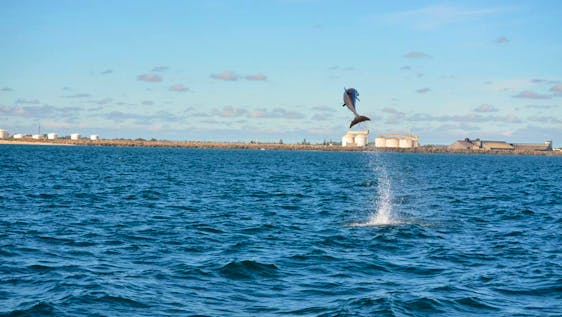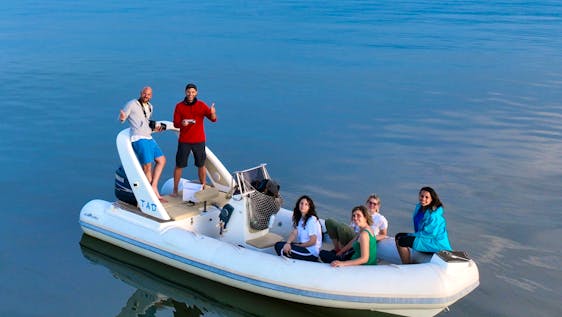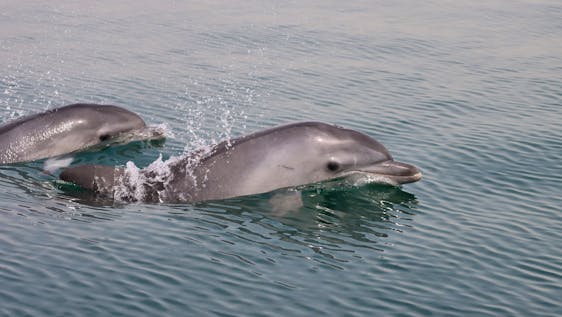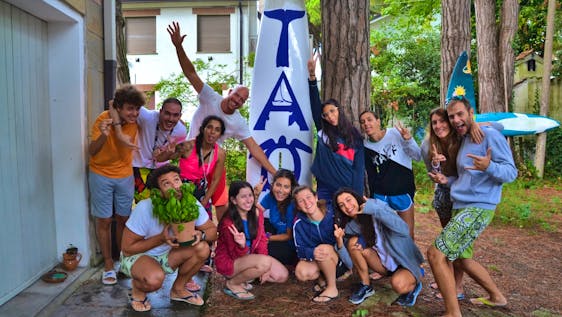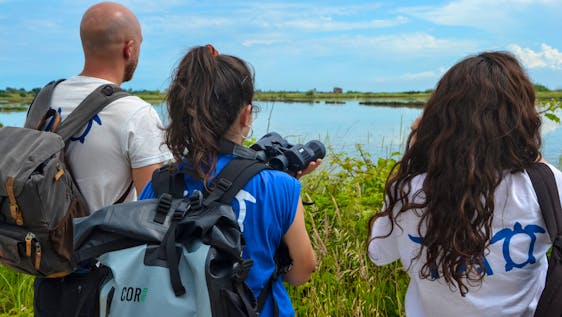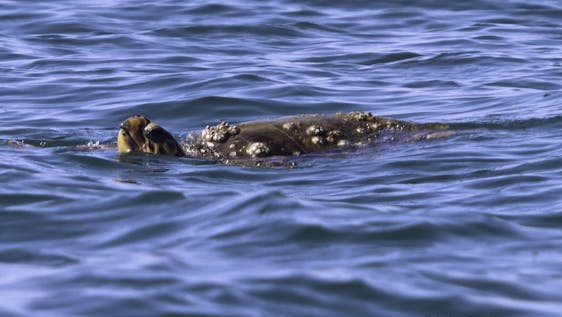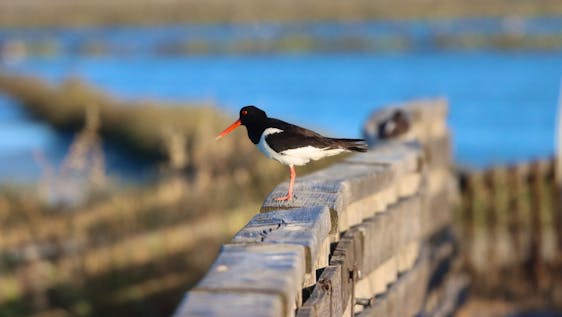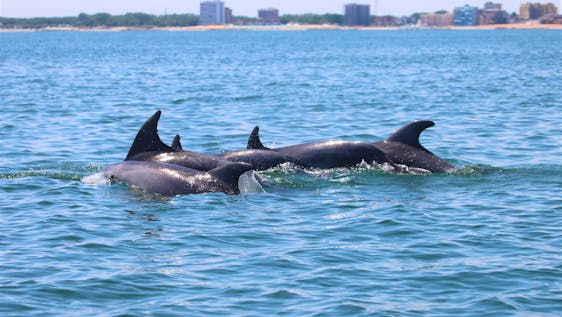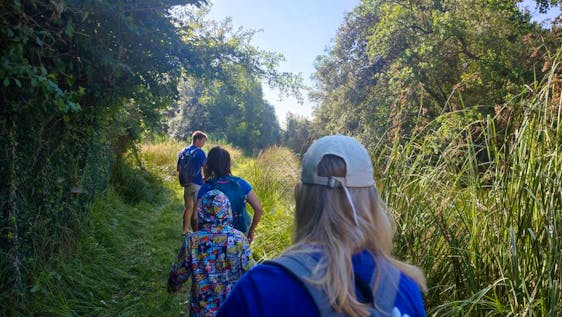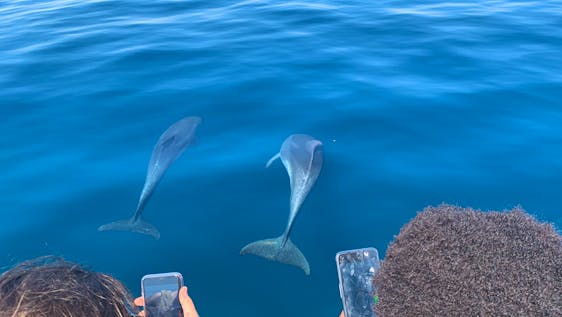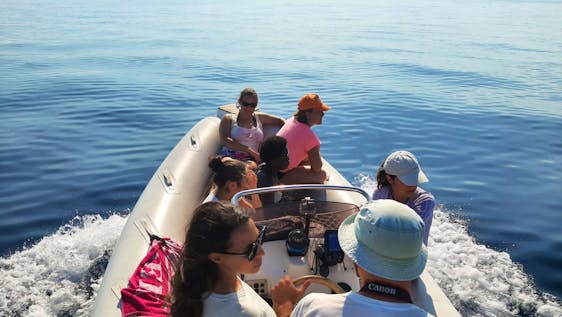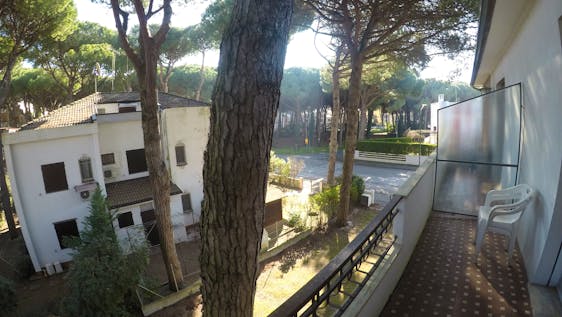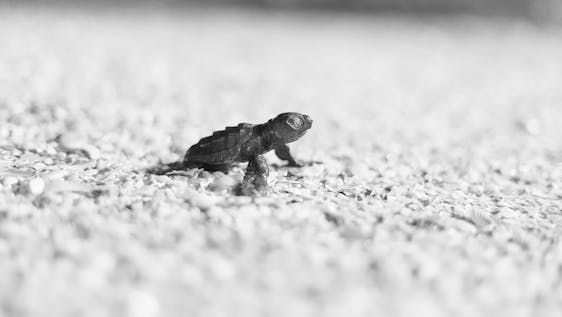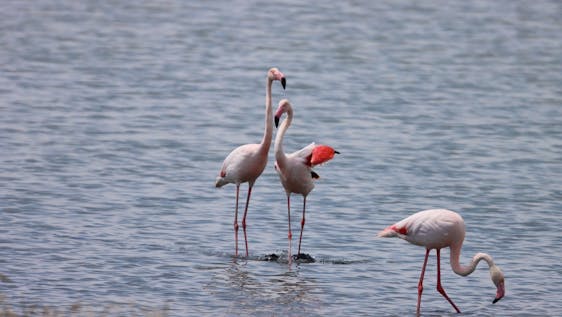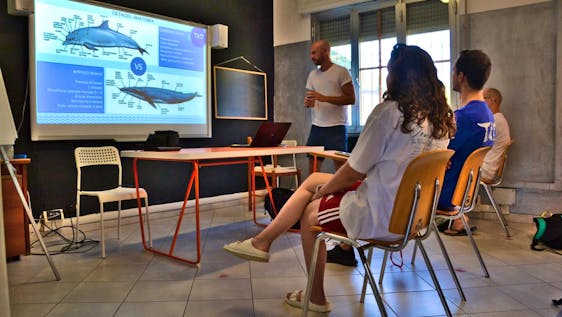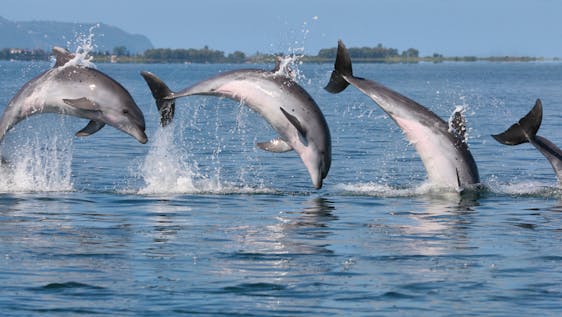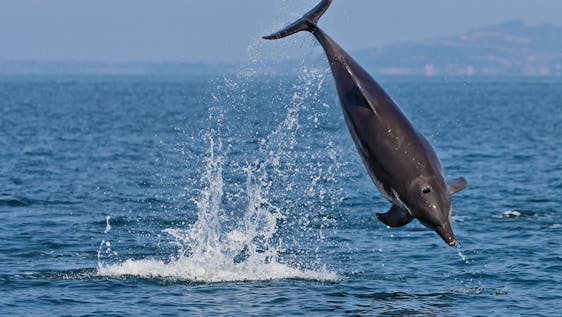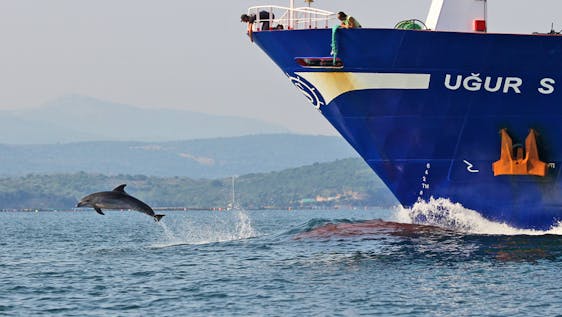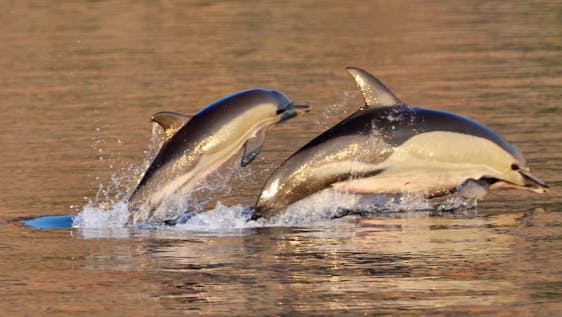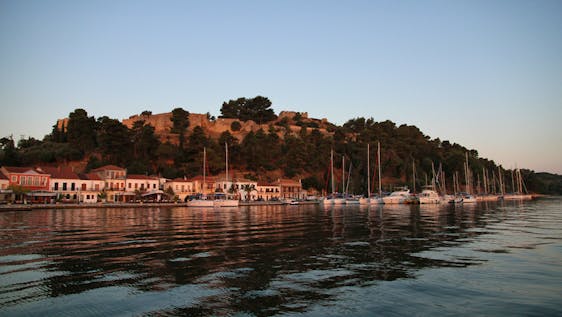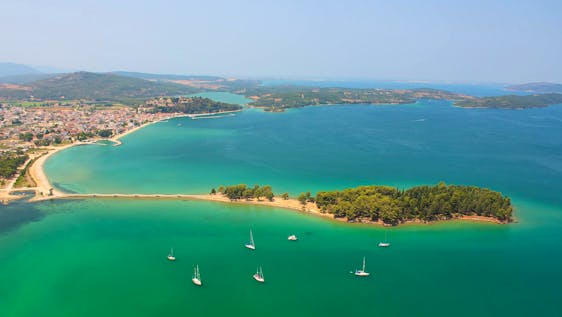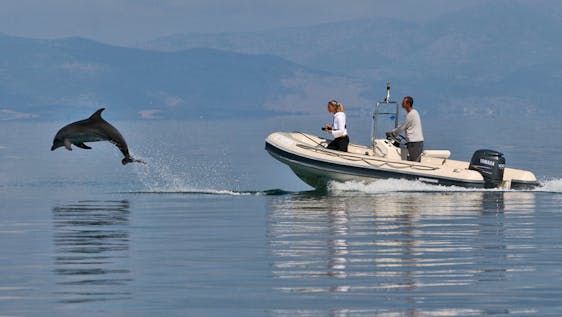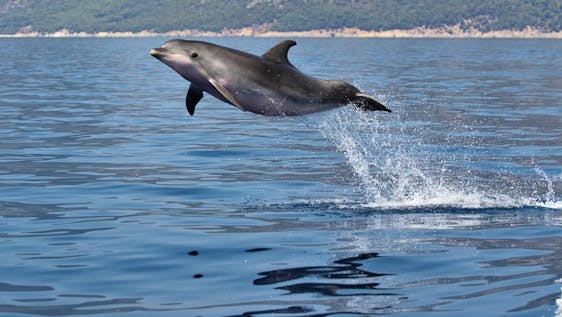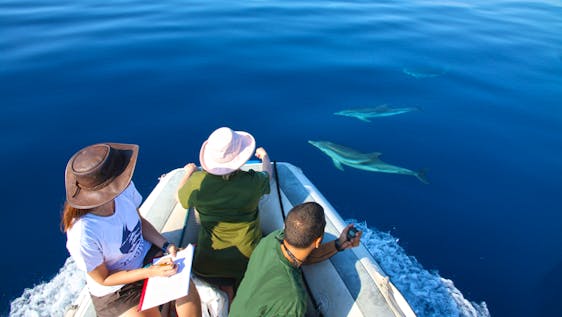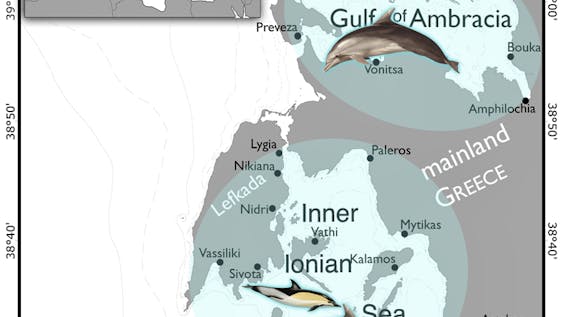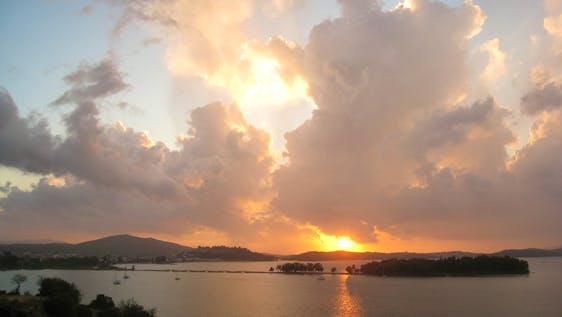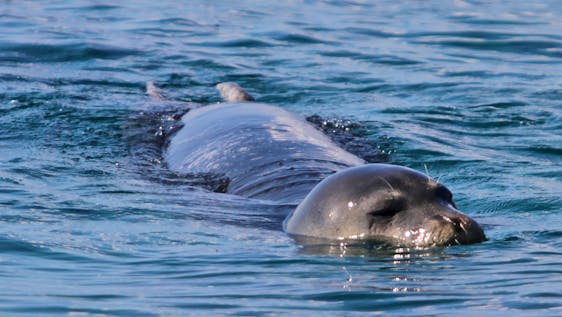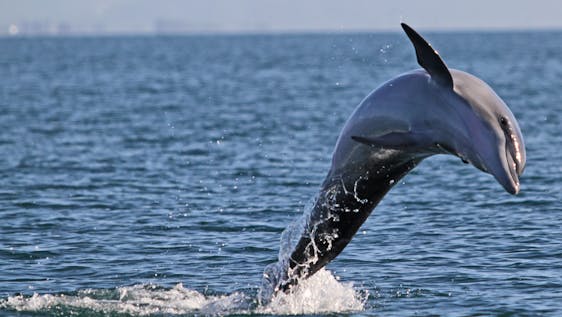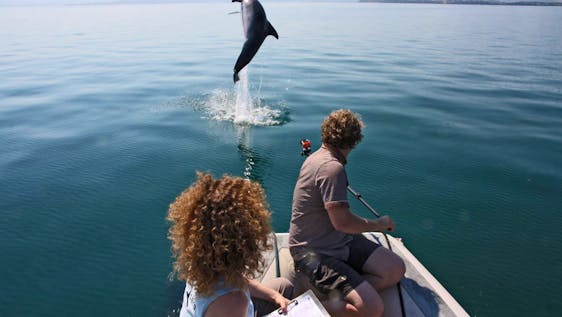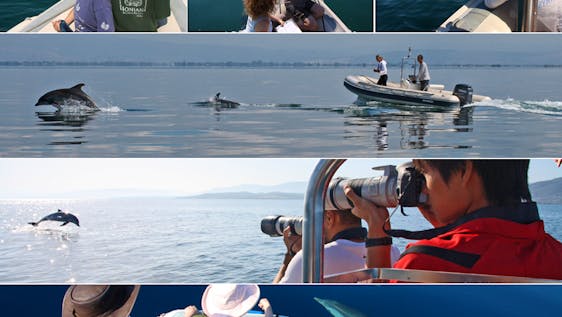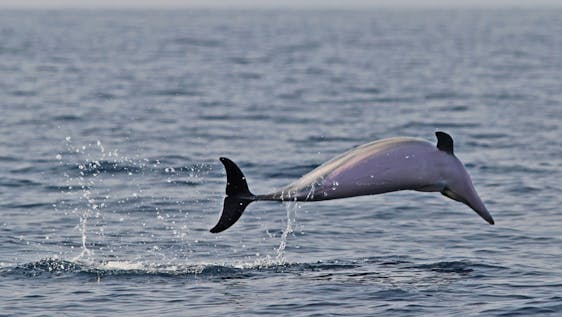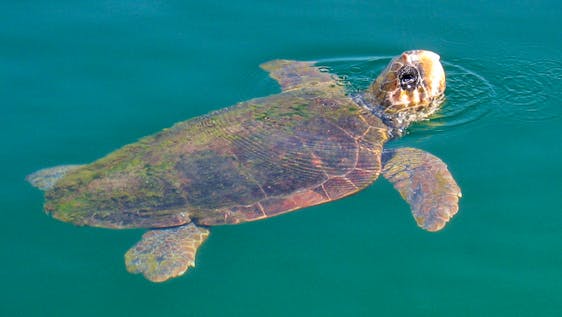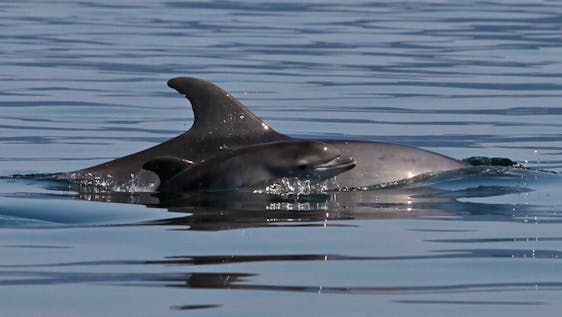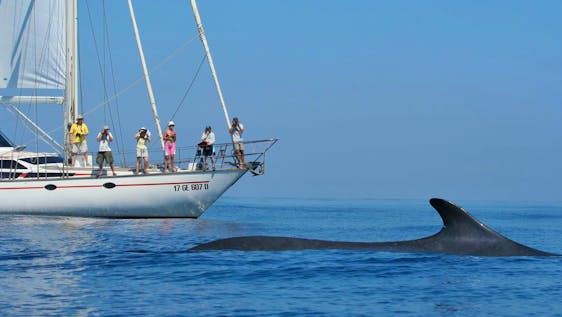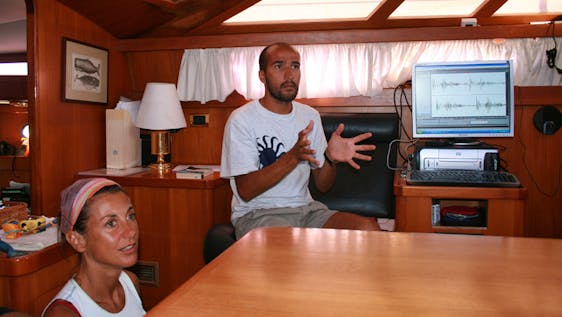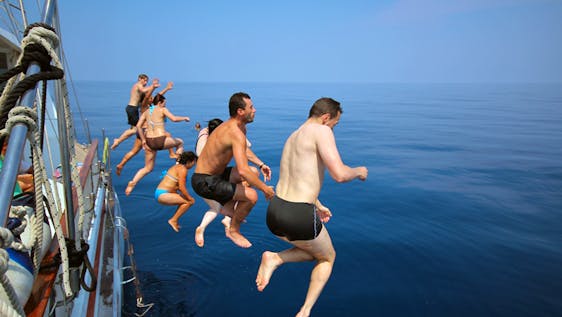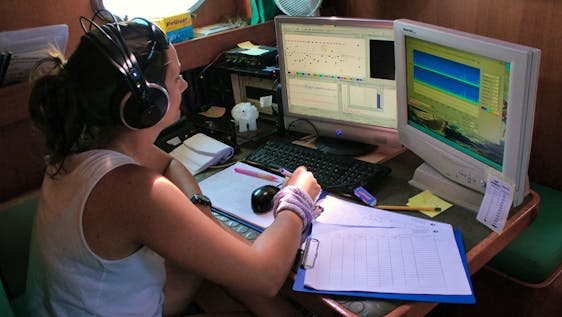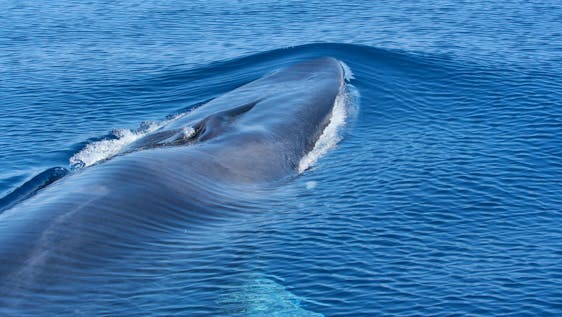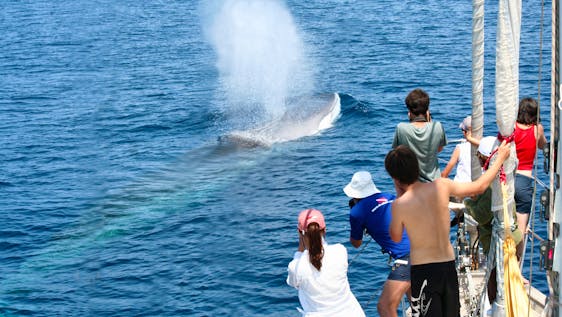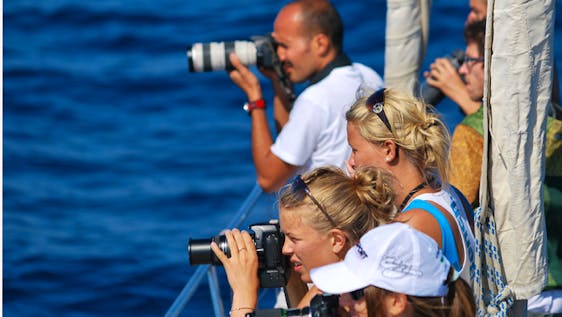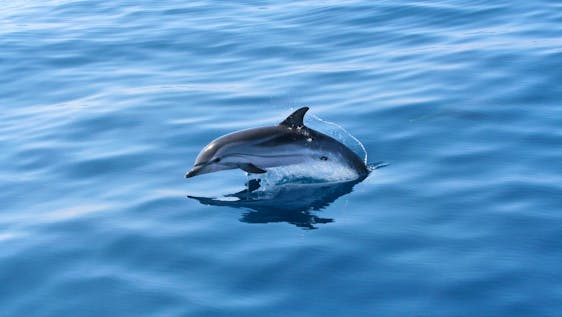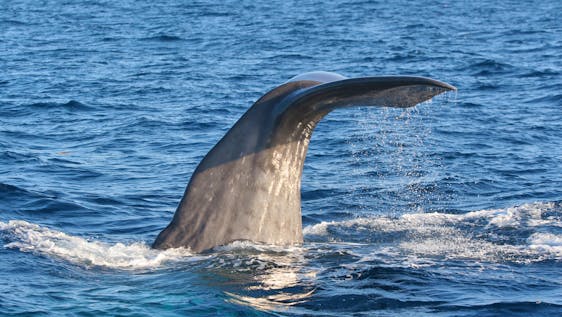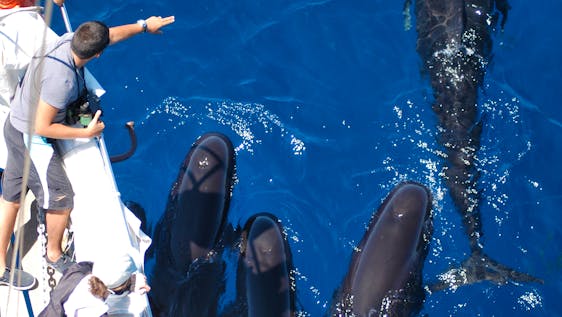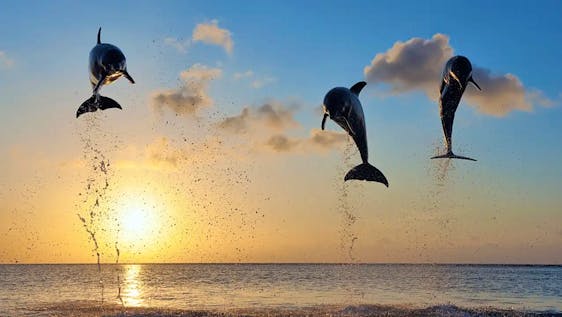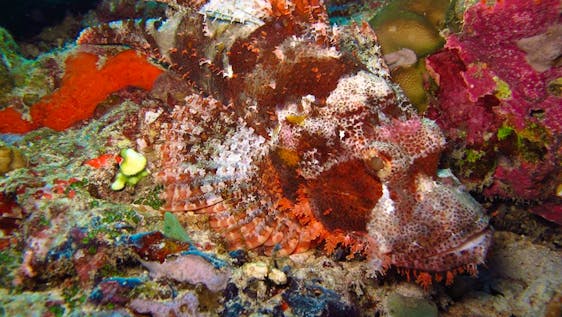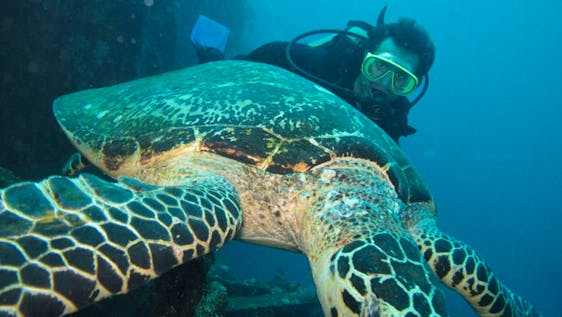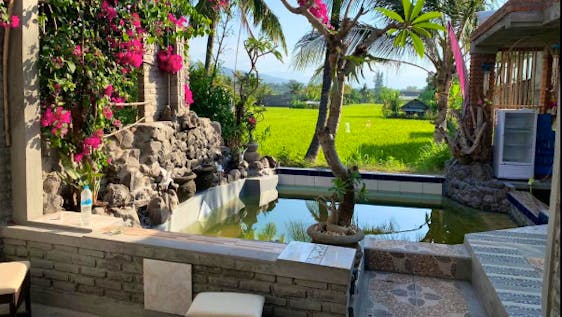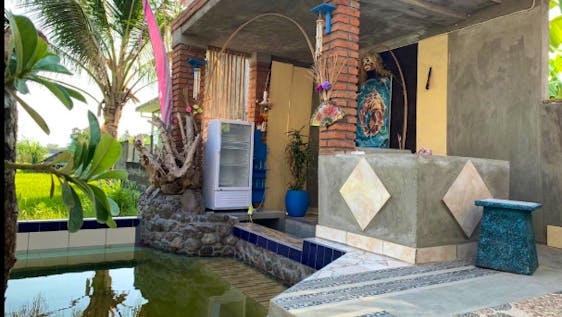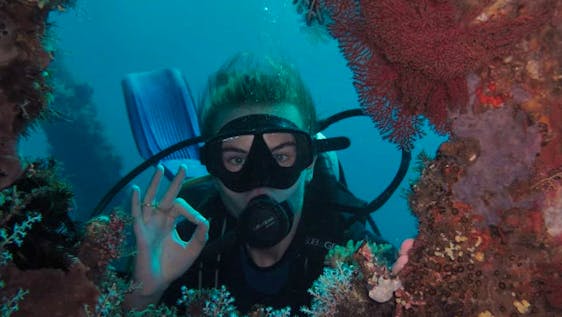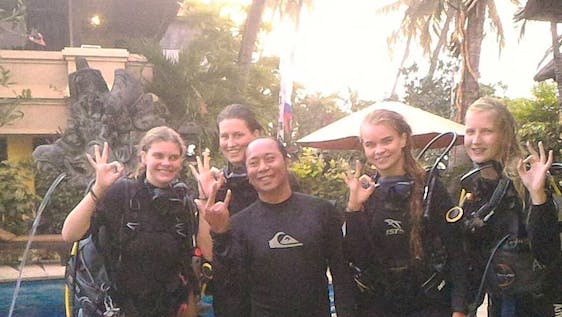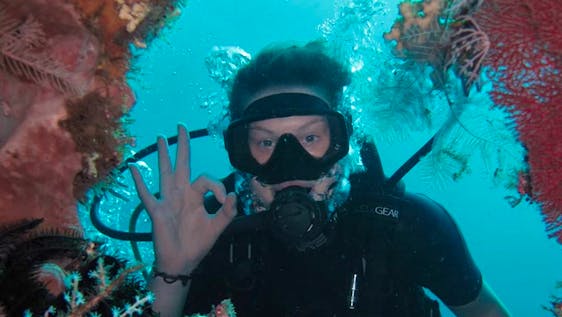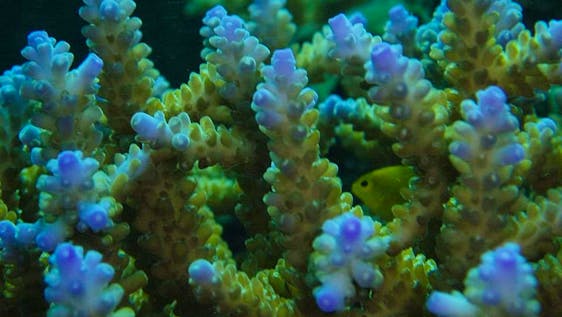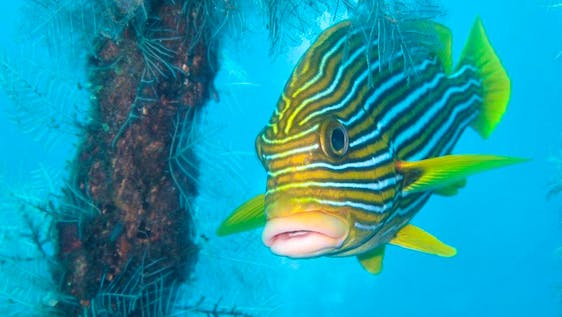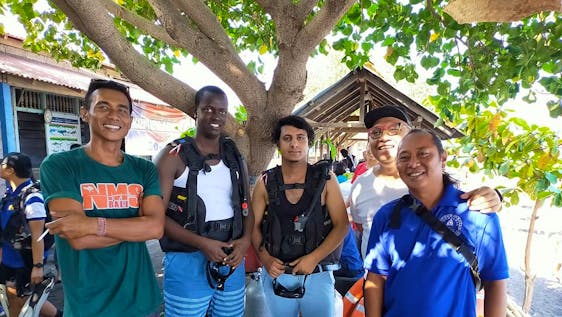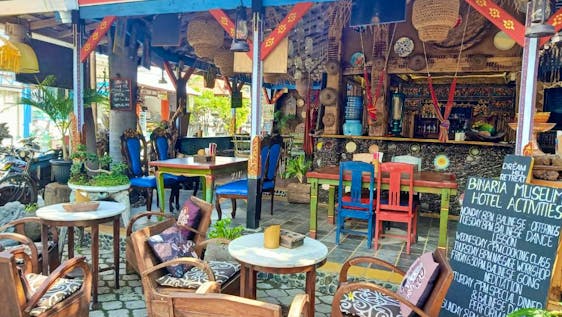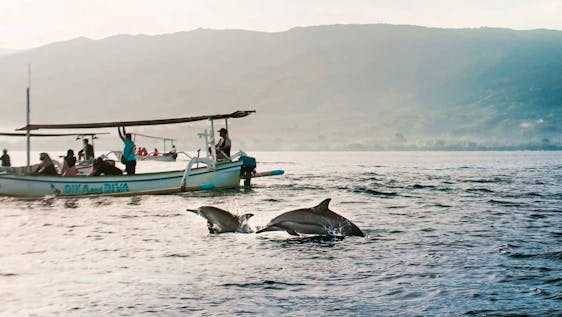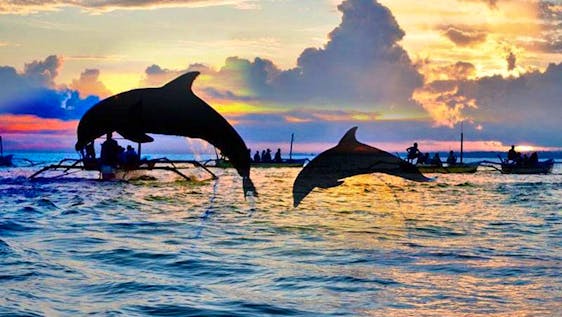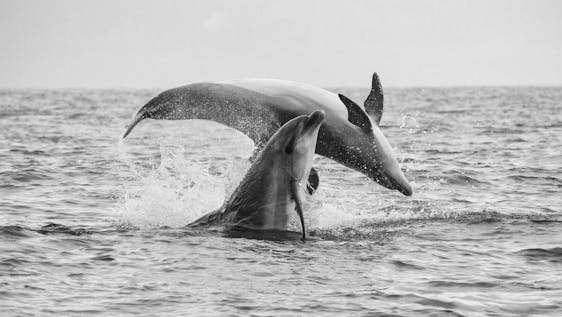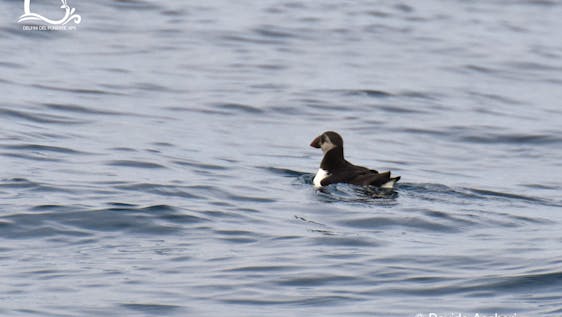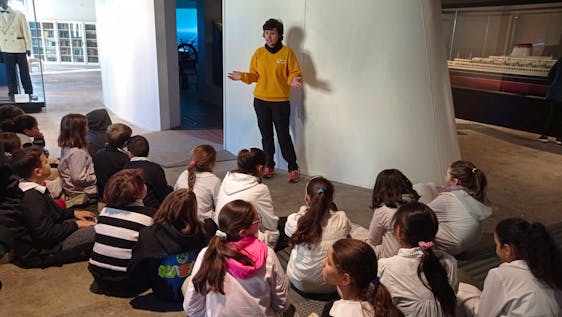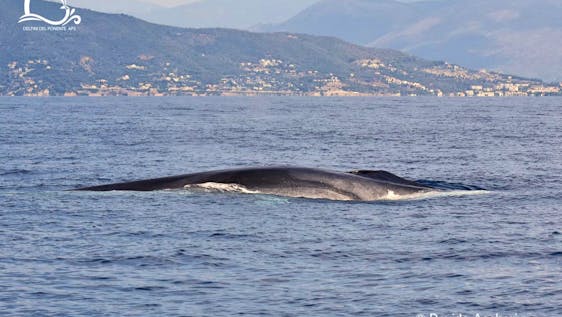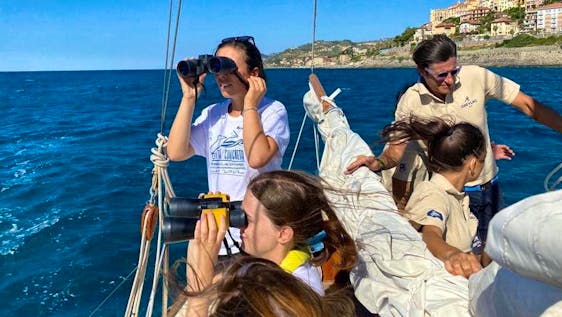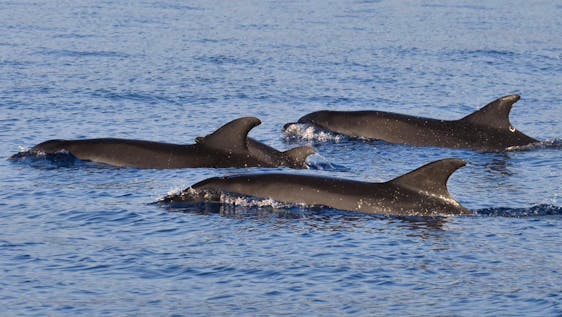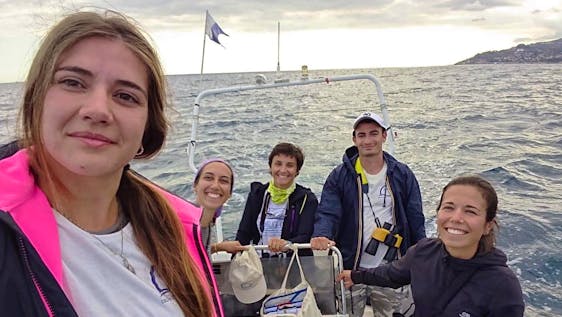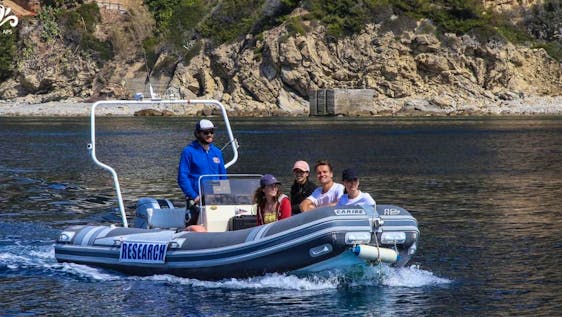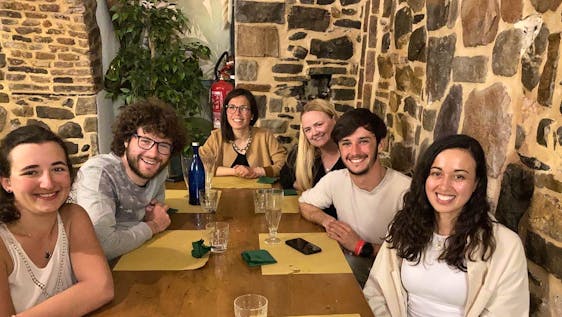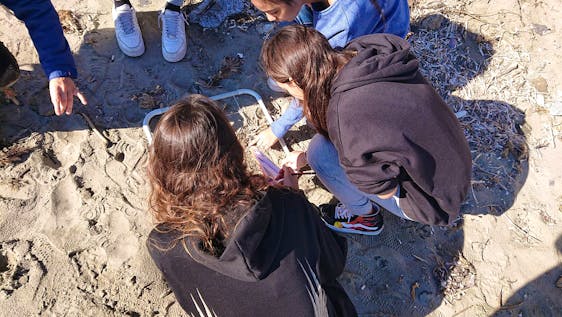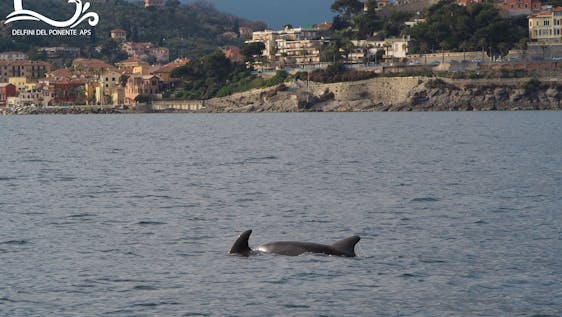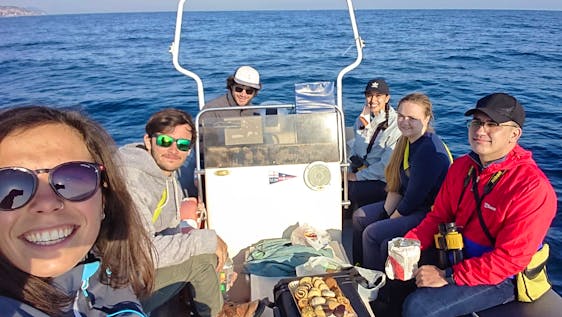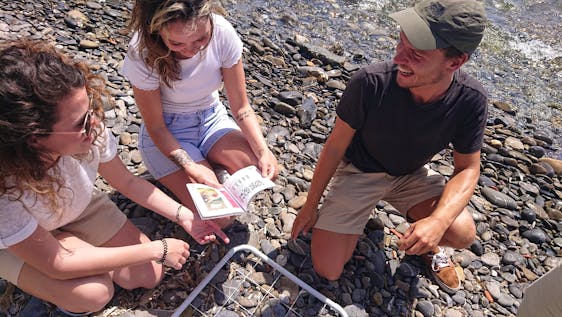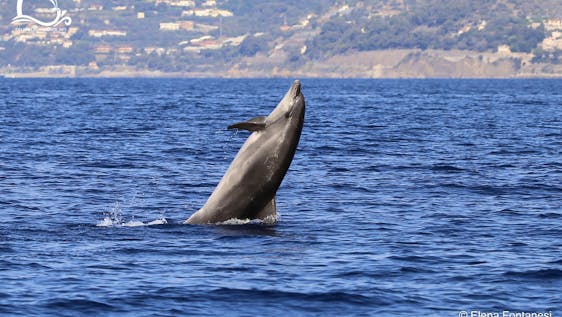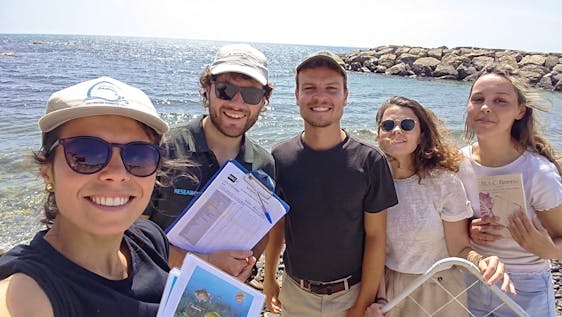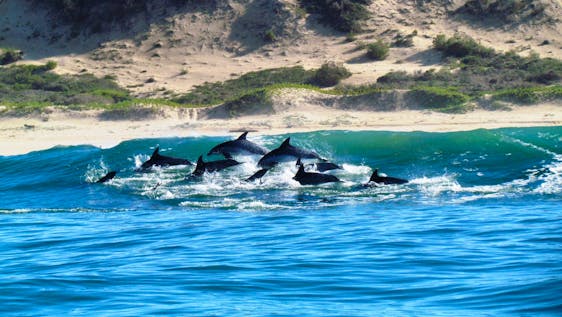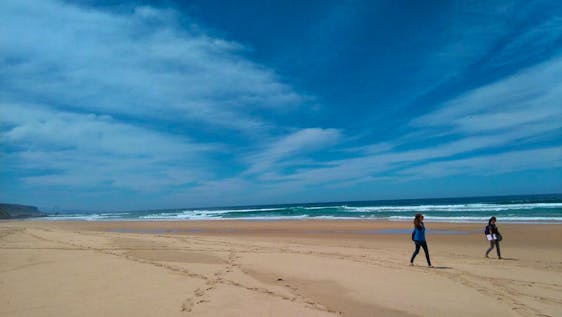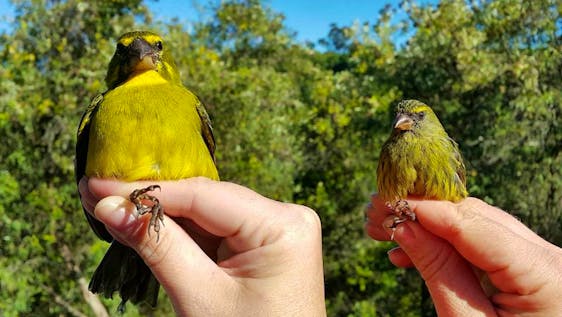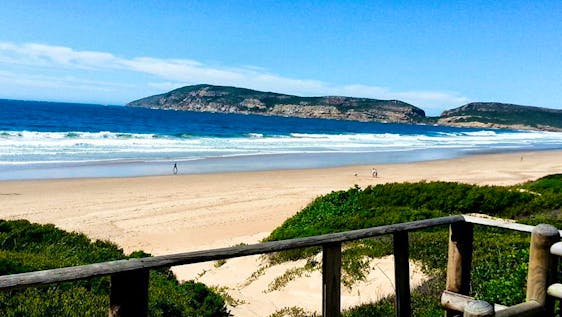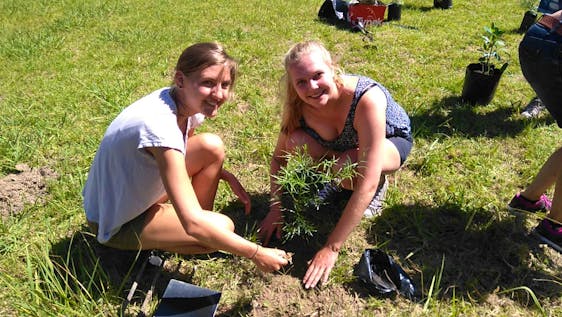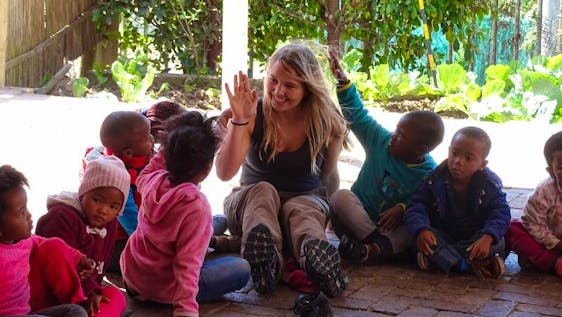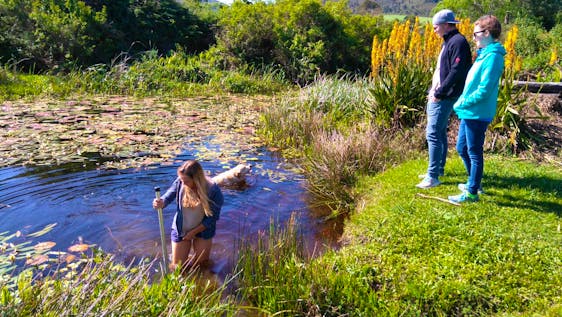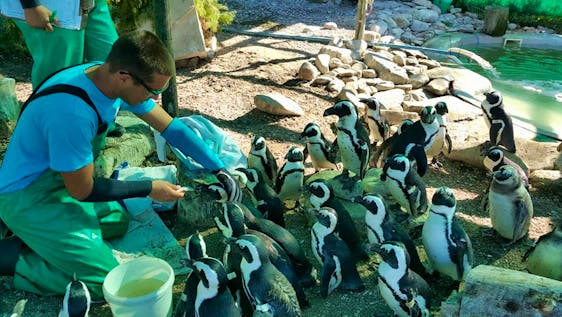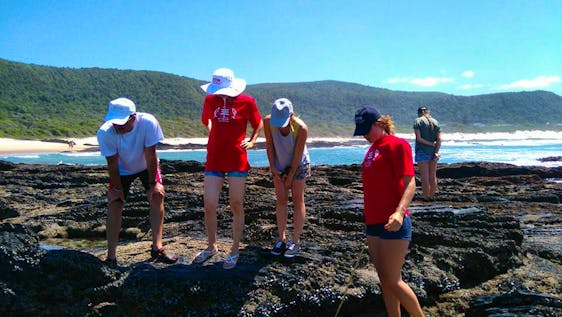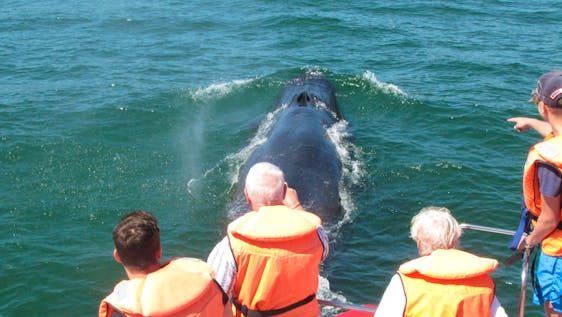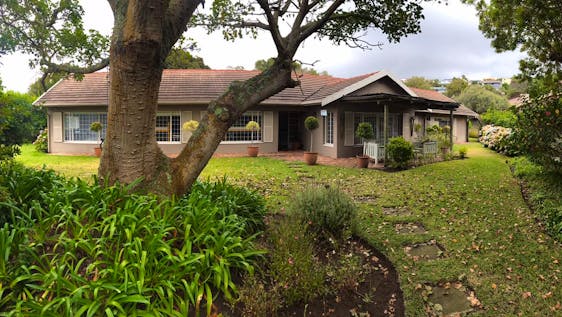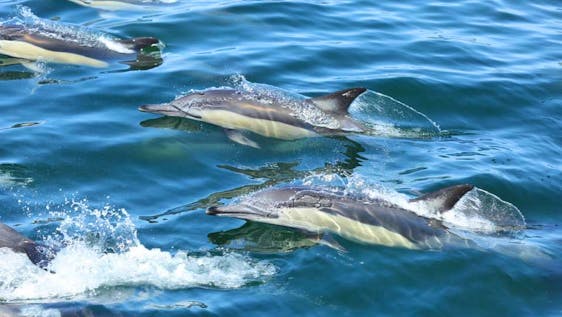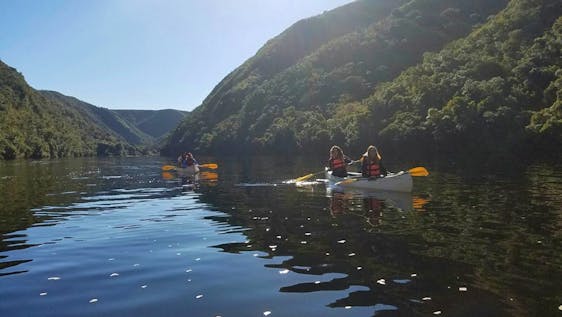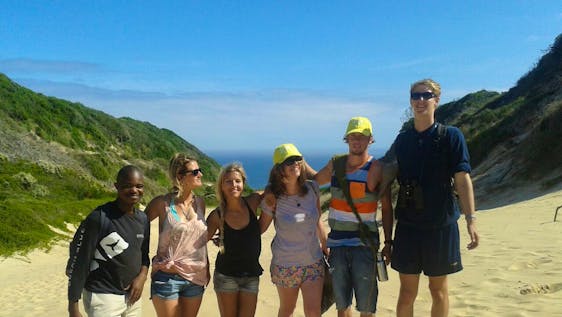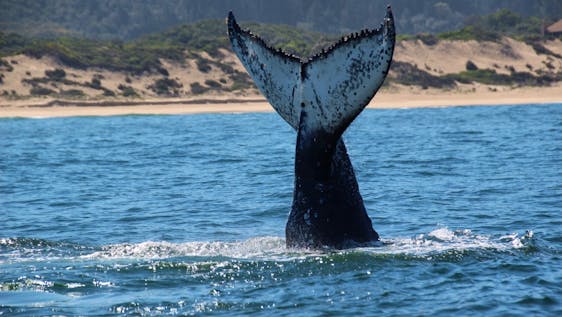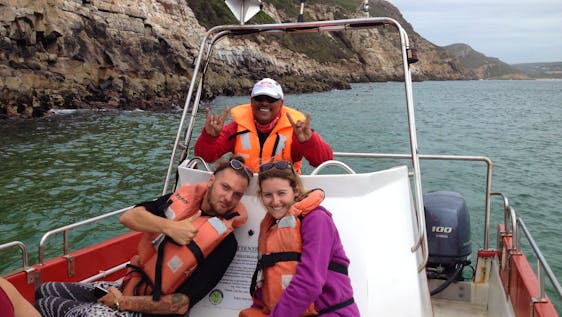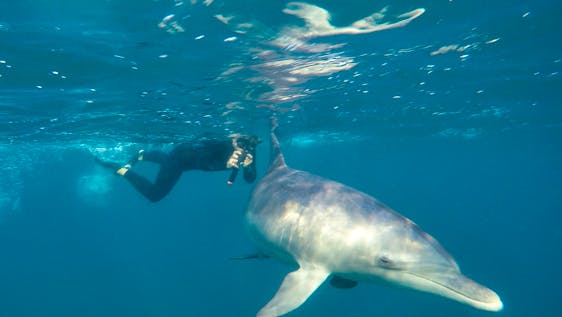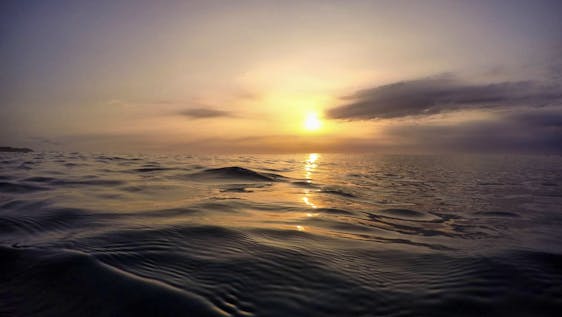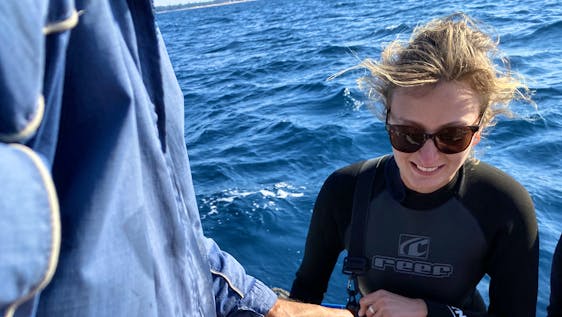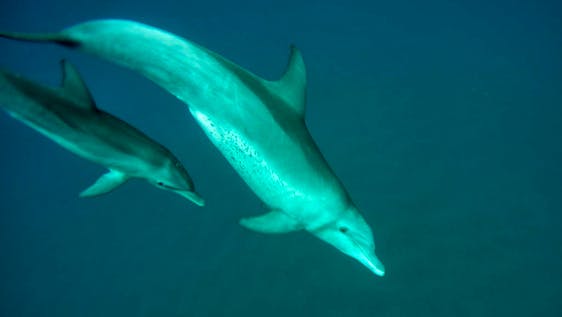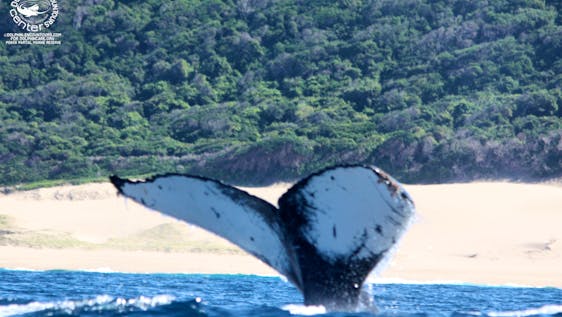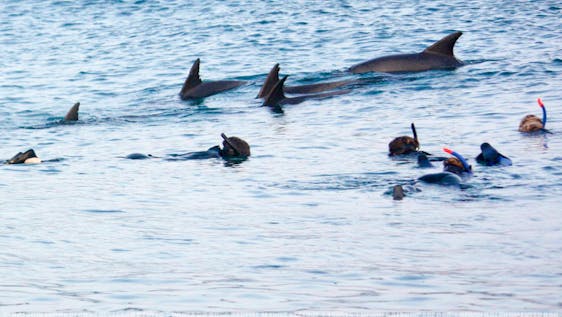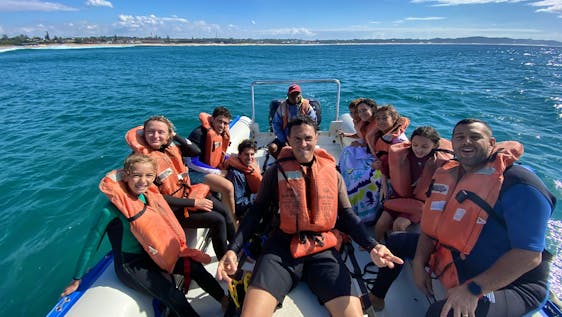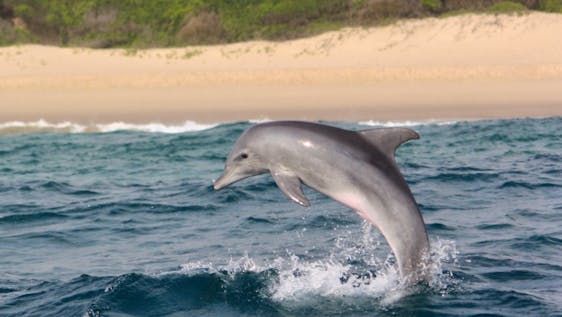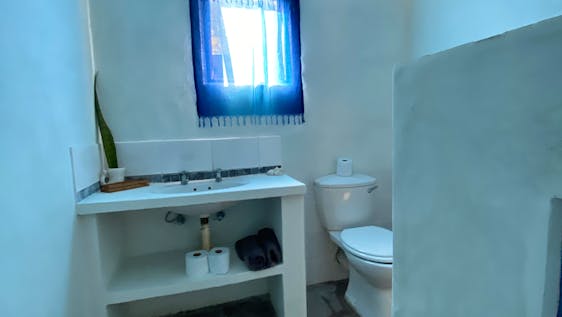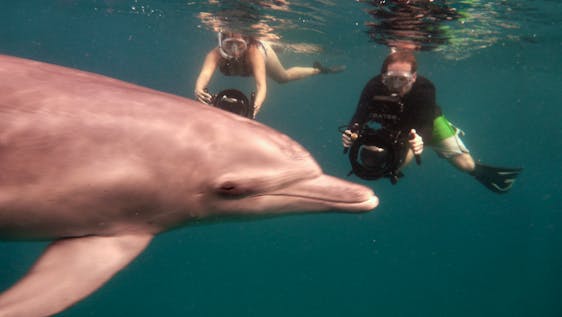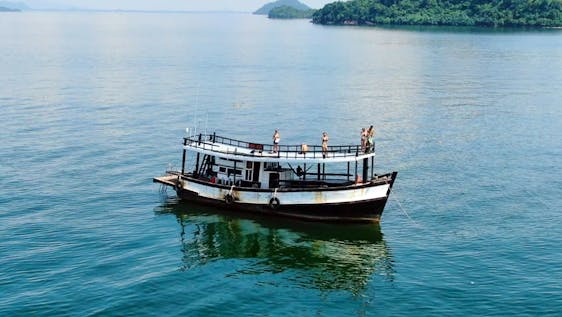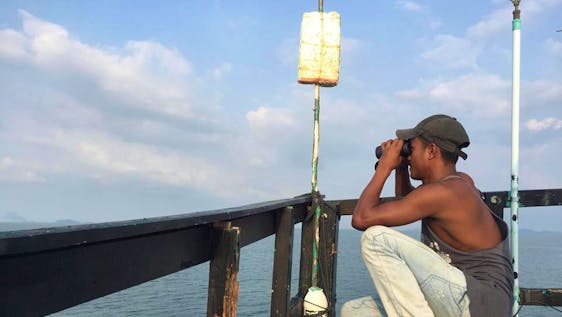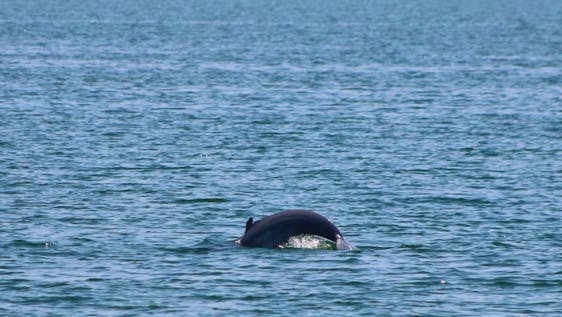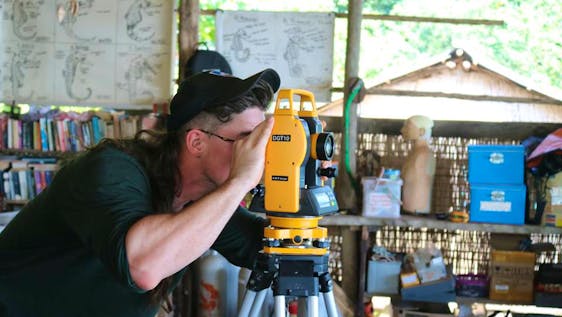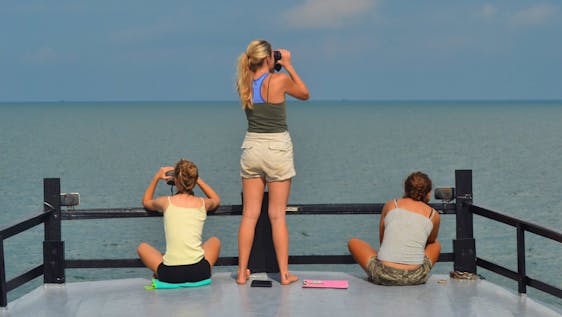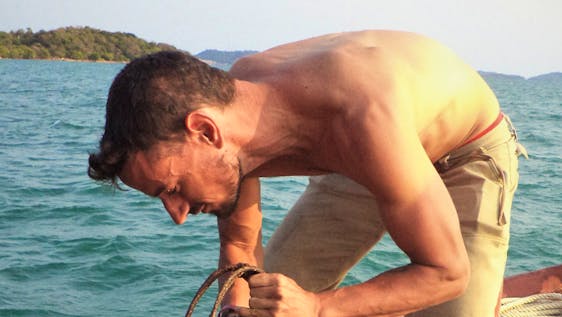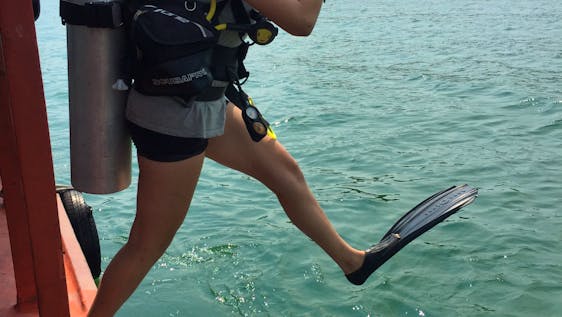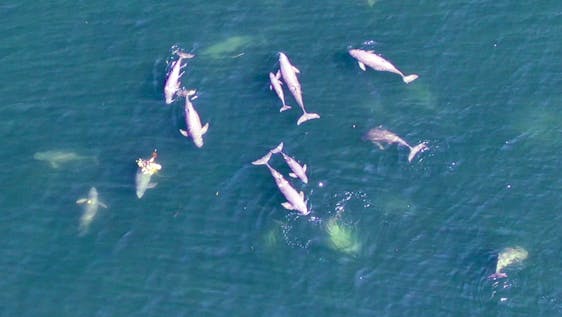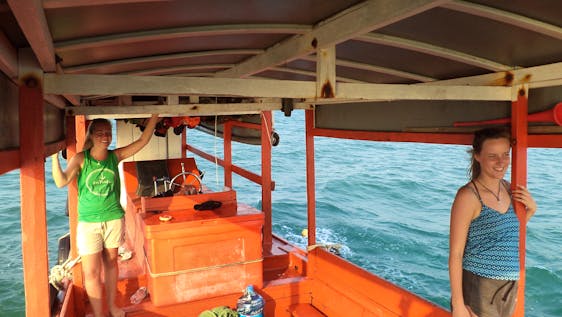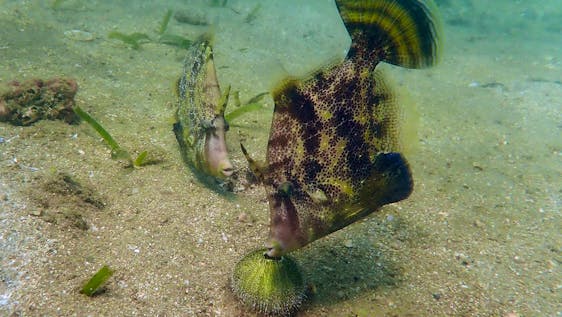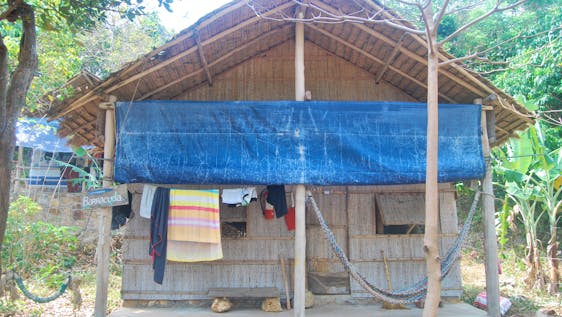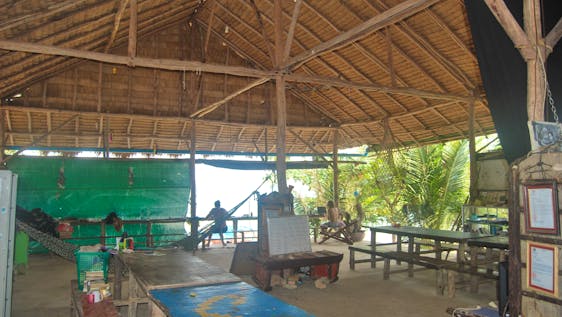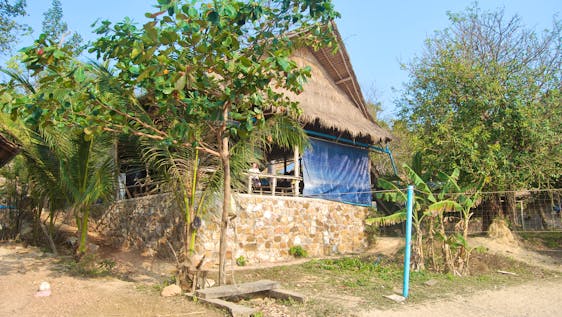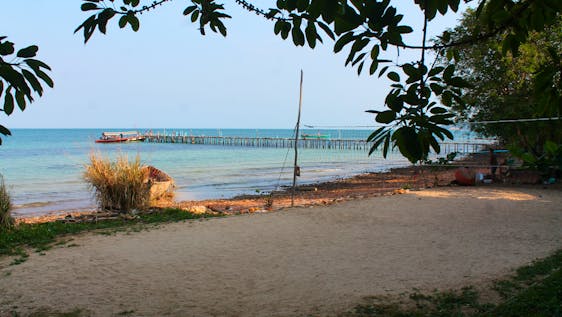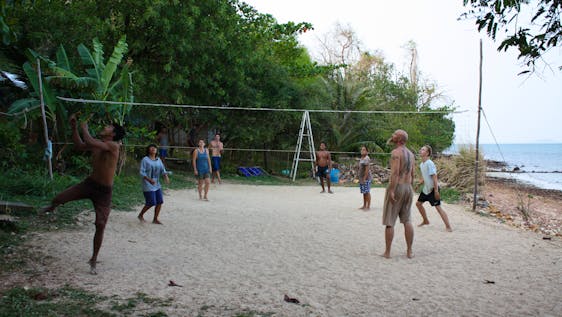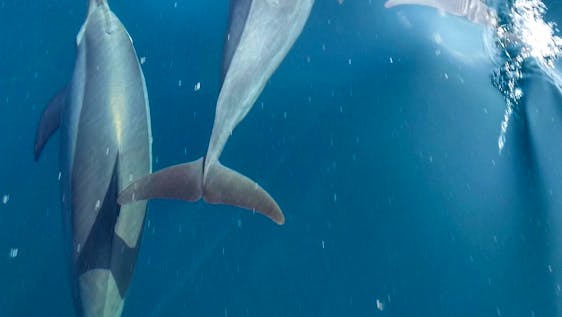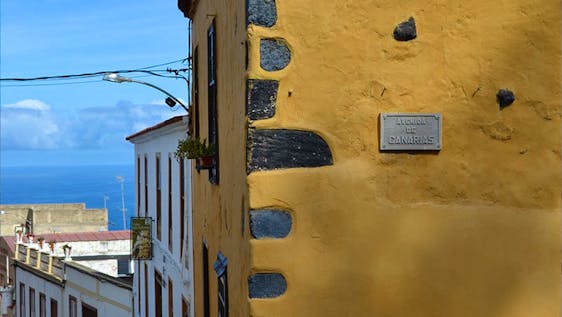Volunteer with Dolphins
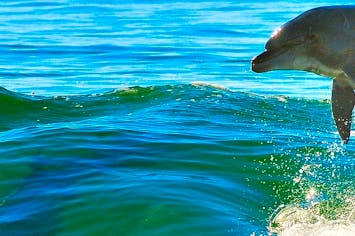
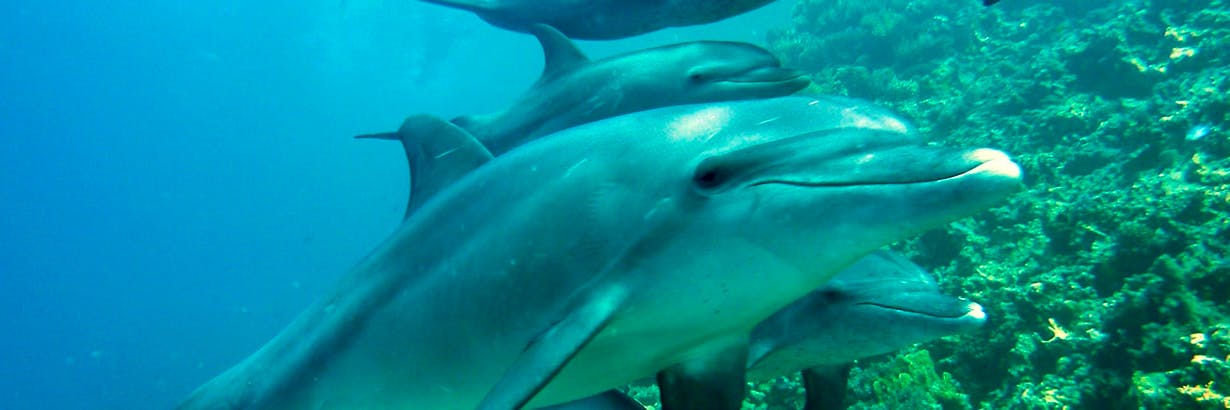
Volunteer work with Dolphins
Dolphins are truly fascinating marine animals. They can be found in all oceans of the earth and some species even live in big rivers like the Amazon! Dolphins are very social animals and often live in big groups that are called pods. These pods can have up to hundreds of members and they engage in hunting efforts together. Their social and playful nature is also the reason that dolphins can often be seen playing with each other and engaging with other marine animals and even small boats. This is just one of their fascinating and endearing traits. If you want to help to protect these highly intelligent animals you should become a dolphin conservation volunteer!
As a volunteer, you will help protect dolphins from the many dangers they face, along with plenty of other jobs. To name just one example, getting involved in monitoring and research projects is a very important part of the work. There is much that we have yet to learn about these marine animals. This is why research is important and needs to be carried out on a large scale.
If marine conservation is one of your passions and you have a special interest in dolphin conservation, you have definitely come to the right place. Read on to find out what your job as a dolphin conservation volunteer involves and where the different projects are located. You will quickly find out that working at a dolphin conservation project abroad is incredibly rewarding and that you will learn a lot about yourself as well. In what follows, we would like to give you an overview of dolphin conservation projects worldwide and of the tasks, the volunteering work will include.
🐬 Dolphin Conservation in 2025
The worldwide dolphin population has been shrinking continuously over the past decades, but you can become active and do your part to stop this development if you decide to volunteer abroad. As most dolphin conservation projects do not receive a lot of funding from the governments, your help will be even more appreciated. Through your hands-on voluntary work, you will be able to make an immediate impact on a local scale.
🐬 Why are Dolphins Endangered?
Dolphin conservation is part of a large body of marine conservation work around the world. The focus lies on the research of the dolphins’ habitat and behavior to develop ways to protect them from the many threats they are facing, such as:
- rising water levels due to climate change
- pollution of the oceans
- unregulated hunting
- overfishing causing food depletion and bycatch of dolphins
- continuously growing number of boats and ships
🐬 What Dolphin Species are There?
Depending on where your dolphin conservation volunteer work takes you, you will find yourself watching and monitoring different kinds of dolphin species. In fact, there are more than 40 different kinds of dolphins around the world, and most of them are considered endangered. While most of these dolphins call the ocean their home, there are also some dolphin species that live in rivers, like the pink dolphins that can be found in the Amazon. However, river dolphin conservation projects are a rare occurrence. Instead, you will likely come across the following dolphin species during your time as a dolphin conservation volunteer:
- Frasers Dolphin
- Striped Dolphin
- Atlantic Spotted Dolphin
- Short-beaked Common Dolphin
- Rissos Dolphin
- Rough Toothed Dolphin
- Bottlenose Dolphin
- Long-beaked Common Dolphin
- Pantropical Spotted Dolphin
- Amazon River Dolphin
- Spinner Dolphin
- Common Dolphin
- Humpback Dolphin
The dolphins you will observe in Europe are:
- Striped dolphins
- Bottlenose dolphins
- Risso’s dolphins
- Short-beaked common dolphins
It is important to know that some projects that specialize in marine conservation do not only involve dolphin conservation but include whale and shark conservation as well. This means that you could get to work with a variety of marine animals apart from dolphins, like killer whales, humpback whales and many more, depending on your program choice.
🌍 Best Places to Volunteer with Dolphins
Volunteering in dolphin conservation means that you will be stationed somewhere near the ocean. This means you will get the opportunity to take in everything the ocean has to offer during your free time. From snorkeling to swimming or just chilling on the beach. Being close to the ocean means that you will get to enjoy yourself outside of your research and volunteer work.
Africa
Many of the current projects are located in Africa, either on the Atlantic or the Indian coast. Tanzania and Mozambique, for example, offer a vast array of marine life which makes them every marine biologist’s dream. You might be surprised to hear that South Africa isn’t only great for watching animals on safari, but also in the sea. Located halfway between Cape Town and Port Elizabeth, the Plettenberg Bay is the ideal spot to observe various species of dolphins and other marine mammals. That’s why multiple projects with different focus have their research centers here. Plettenberg Bay is also part of the famous Garden Route, which makes it great for hiking and discovering nature in your free time.
Europe
This might come as a surprise, but the second focus area for dolphin conservation is the Mediterranean Sea and hence Europe. You have the choice between various projects here, for example
- on Ischia island off the Italian coast
- on small Greek islands in the Aegean Sea
- or on the coast of Croatia
The island of Tenerife that belongs to Spain is located off the northwestern coast of Africa in the Atlantic Ocean. For this reason, the number of dolphin species is even bigger here and you also have good chances to spot killer whales and giant blue whales.
🤔 How can I Help Save Dolphins?
The best way to actively help save dolphins is to volunteer! You can also financially support a dolphin conservation program or marine life organization. These organizations rely on funds to be able to continue their activities. Most importantly, you can help spread the word about the importance of dolphin conservation. Creating awareness will make the greatest impact. You can do this among the locals but also other tourists. The more people take action, the greater the change.
🚤 What Will I Do as a Dolphin Conservation Volunteer?
Observing dolphins will be one of your main tasks. Additionally, most of the projects focus on research and monitoring, as there is still a lot to discover about these stunning creatures of the sea. As part of a larger marine conservation effort, researchers are studying dolphins and their behavior in different situations. This research can help us understand what role dolphins play in the overall maritime ecosystem and how to protect them better in the future. Generally speaking though, you can expect the following tasks:
- undertaking important observation and monitoring work
- taking photographs of the dolphins
- interacting with the tourists and raising awareness
- going on coastal expeditions in search of dolphins feeding
- working with the collected data
Please keep in mind that your dolphin conservation work is always going to depend on the current weather conditions. If the sea is rough, you might not be able to execute your usual tasks or go on a boat to observe the dolphins for days or even weeks. During this time you will spend your days:
- making phone calls
- engaging potential donors
- educating tourists and locals
- data recording and data entry
Moreover, the dolphin conservation project you’re working for might ask you to help prepare reports, which could be needed when applying for research funds and grants. Some dolphin conservation projects even have their own educational centers, where you can assist with classes. As marine biology is an important part of dolphin conservation, educating others and spreading your knowledge is a very helpful and effective measure.
In addition, your help with various dolphin watching boat tours as part of the classes could be required.
🎁 5 Benefits of Volunteering with Dolphins
Once in a Lifetime Opportunity
Watching dolphins roam free in their natural habitat is not the only perk of volunteering in dolphin conservation. It's something on many people's bucket list and remains a breathtaking sight.
Learn and Get Practical Experience
If you are interested in studying marine biology, a volunteer project working in dolphin conservation will be a great fit. You will gain hands-on experience and get a first insight into the daily work of trained marine biologists, which will certainly come in handy at a later point in your career. Being able to list this kind of work experience on your CV is another bonus and might help you land a maritime biology job.
Expand Your Horizons
Immersing yourself in a foreign culture and living abroad will definitely make you grow as a person and give you a different perspective. New experiences will give you the confidence to take on more adventures in the future. And let’s not forget that the time you spend as a dolphin conservation volunteer will also be incredibly fun! You will be able to swim and snorkel and experience the beauty of the ocean at the end of your workday.
Meet New People
The best part is that you will be surrounded by like-minded volunteers that share your passion for dolphin conservation. After working and living together for a while, these people might even become your close friends! This is also an excellent way to connect with the locals and understand their perspective on the situation.
Boost Your Resume
Volunteering is a great way to boost your resume. Future employers love hiring people that take initiative and responsibility. If you're looking for a way to stand out, this is it and it will make definitely make for some interesting conversation during your interview!
Are you ready to start your dolphin conservation adventure? We're here to help you find the perfect match for you!
 Whale Conservation
Whale Conservation
 Activities
Activities
 Bottlenose Dolphin
Bottlenose Dolphin
 Waste Reduction
Waste Reduction
 Shark Conservation
Shark Conservation
 Humpback Whale
Humpback Whale
 Animal
Animal
 Marine Life
Marine Life
 Africa
Africa
 Environment
Environment
 Diving
Diving
 Europe
Europe
 Southern Europe
Southern Europe
 Sea Turtle Conservation
Sea Turtle Conservation
 Diving certificate
Diving certificate
 Ocean Cleaning
Ocean Cleaning
 Hotspots
Hotspots
 Plastic Reduction
Plastic Reduction
 Marine Conservation
Marine Conservation
 Common Dolphin
Common Dolphin
 Humpback Dolphin
Humpback Dolphin
 South Africa
South Africa
 Southern Africa
Southern Africa
 Southern Right Whale
Southern Right Whale
 Great White Shark
Great White Shark
 Penguin Conservation
Penguin Conservation
 Mako Shark
Mako Shark
 Spain
Spain
 Tenerife
Tenerife
 Eastern Africa
Eastern Africa
 Ray Conservation
Ray Conservation
 Seychelles
Seychelles
 Premium
Premium
 Coral Reef
Coral Reef
 Manta Ray
Manta Ray
 Conservation Work
Conservation Work
 Green Sea Turtle
Green Sea Turtle
 Hawksbill Turtle
Hawksbill Turtle
 Leatherback Turtle
Leatherback Turtle
 Beach Cleaning
Beach Cleaning
 Whitetip Reef Shark
Whitetip Reef Shark
 Snorkeling
Snorkeling
 Plant Conservation
Plant Conservation
 National Park
National Park
 Tortoise Conservation
Tortoise Conservation
 Giant Tortoise
Giant Tortoise
 Blacktip Reef Shark
Blacktip Reef Shark
 Italy
Italy
 Greece
Greece
 Loggerhead Turtle
Loggerhead Turtle
 South America
South America
 Amazon Rainforest
Amazon Rainforest
 Americas
Americas
 Montenegro
Montenegro
 Brazil
Brazil
 Mozambique
Mozambique
 Whale Shark
Whale Shark
 Yoga
Yoga
 Leopard Shark
Leopard Shark
 Oceania
Oceania
 Australia and New Zealand
Australia and New Zealand
 Australia
Australia
 Sperm Whale
Sperm Whale
 Pilot Whales
Pilot Whales
 Asia
Asia
 South East Asia
South East Asia
 Vegan
Vegan
 Bali
Bali
 Indonesia
Indonesia
 Orca
Orca
 Voluntourism
Voluntourism
 Plettenberg Bay
Plettenberg Bay
 Volunteer and Travel
Volunteer and Travel
 Grey Reef Shark
Grey Reef Shark
 Cambodia
Cambodia
 Manatee Conservation
Manatee Conservation
 Olive Ridley Turtle
Olive Ridley Turtle
 Bird Conservation
Bird Conservation
 Wildlife Conservation
Wildlife Conservation
 North American River Otter
North American River Otter
 Tapir
Tapir
 Monkey Conservation
Monkey Conservation
 Macaw
Macaw
 Parrot
Parrot
 Peruvian Jaguar
Peruvian Jaguar
 Spider Monkey
Spider Monkey
 Peru
Peru
 Toucan
Toucan
 Owl
Owl
 French Polynesia
French Polynesia
 Croatia
Croatia
 Port Elizabeth
Port Elizabeth
 Polynesia
Polynesia
